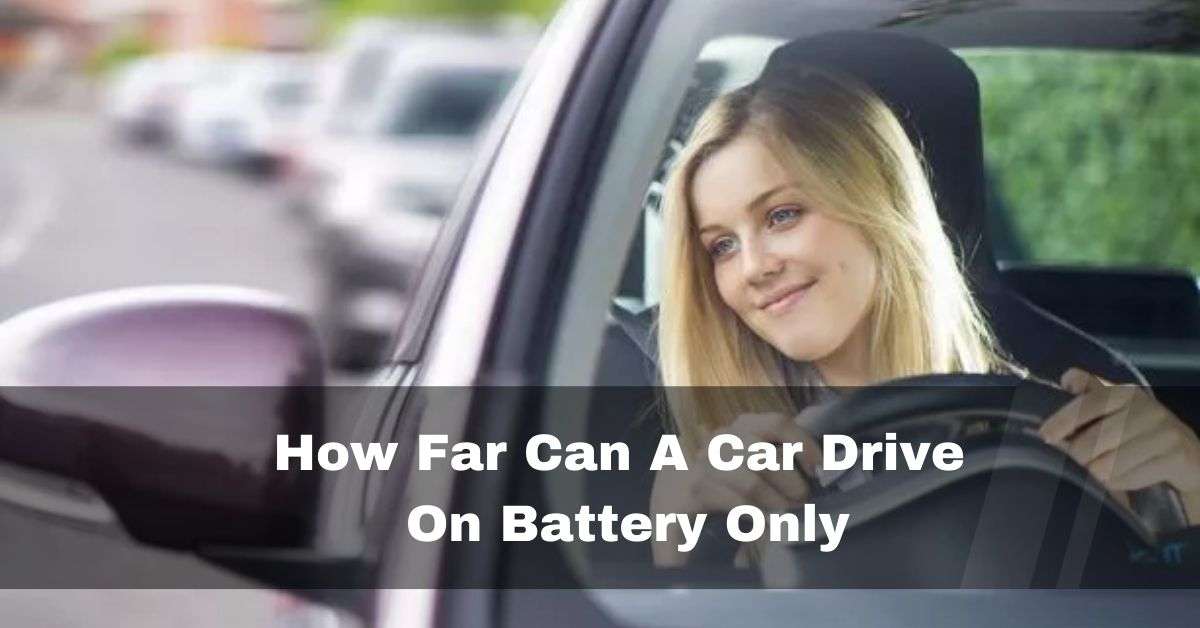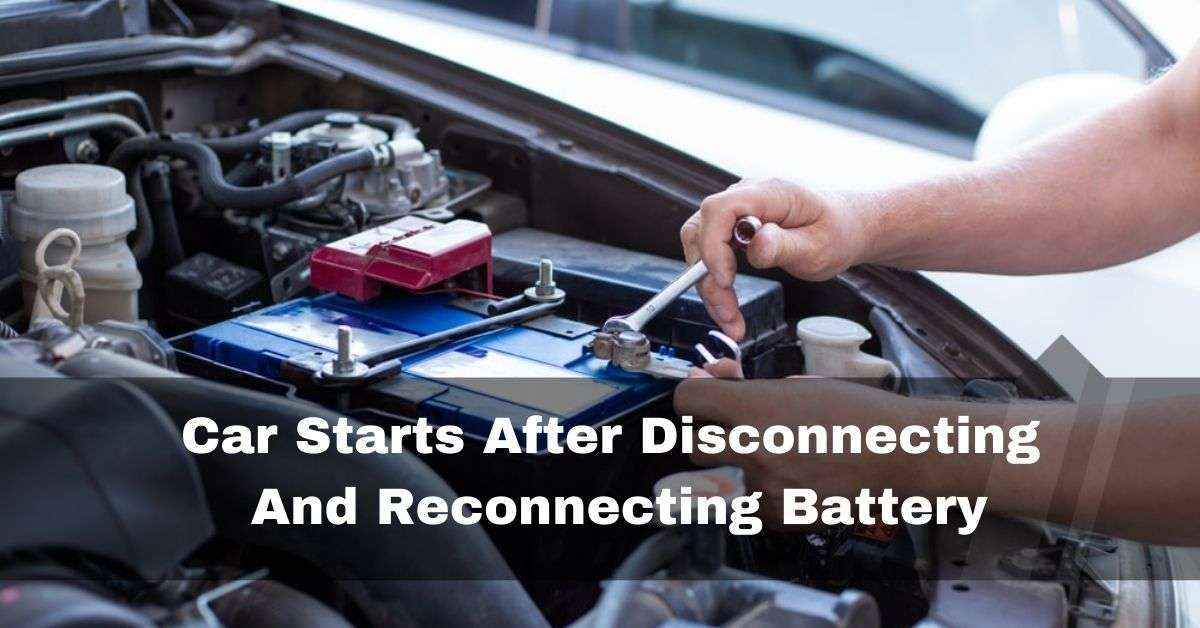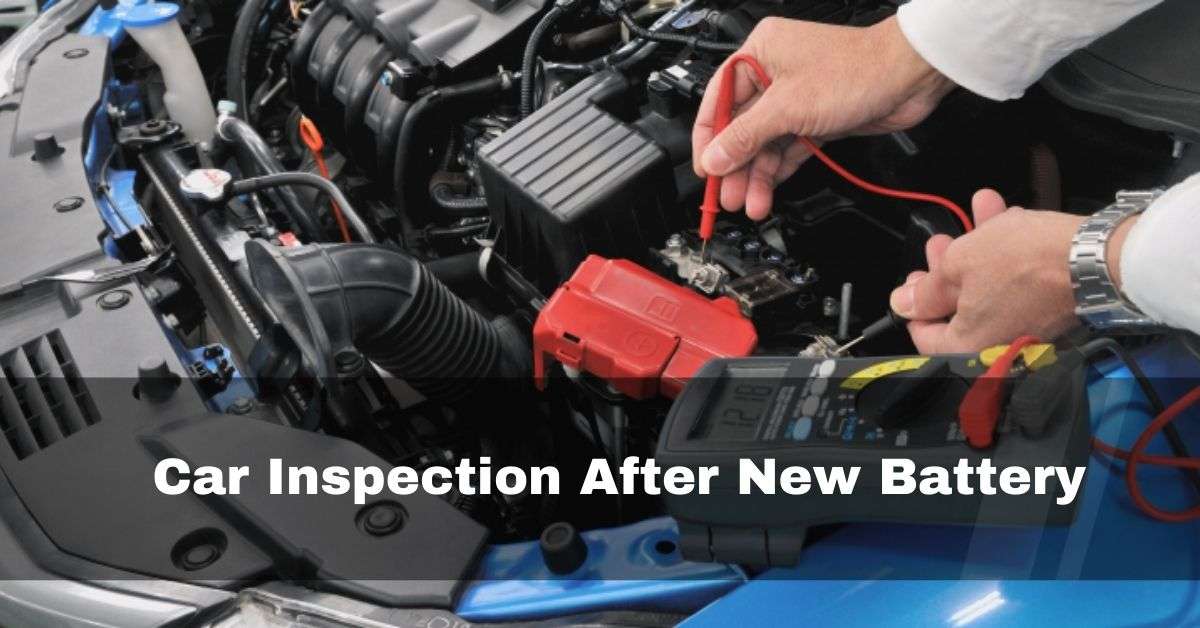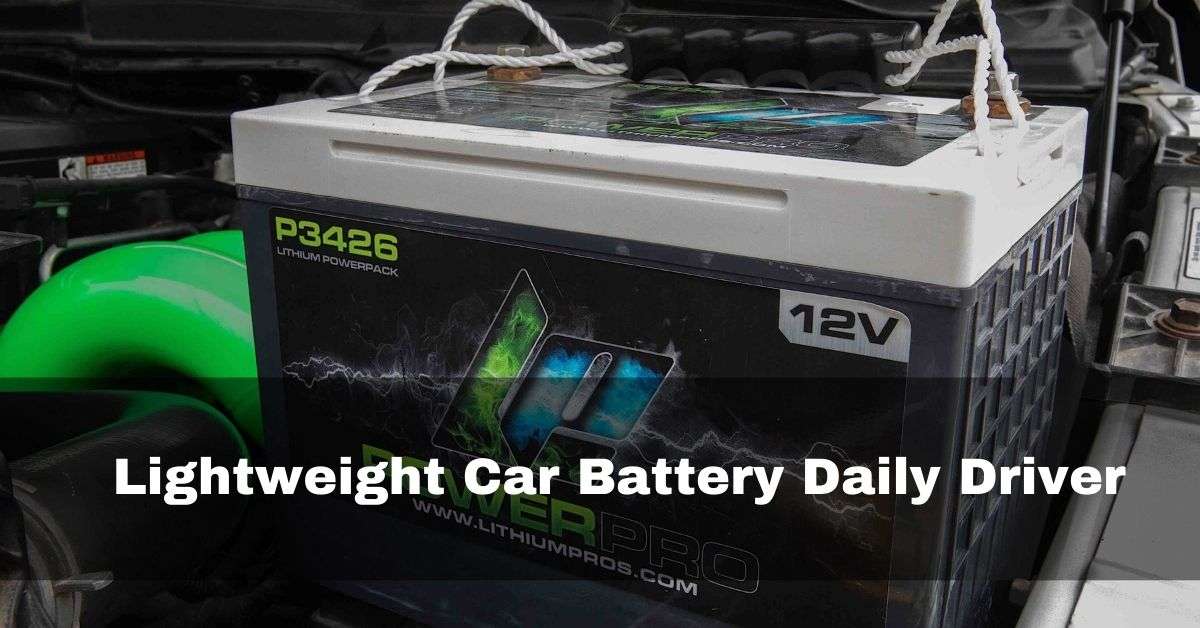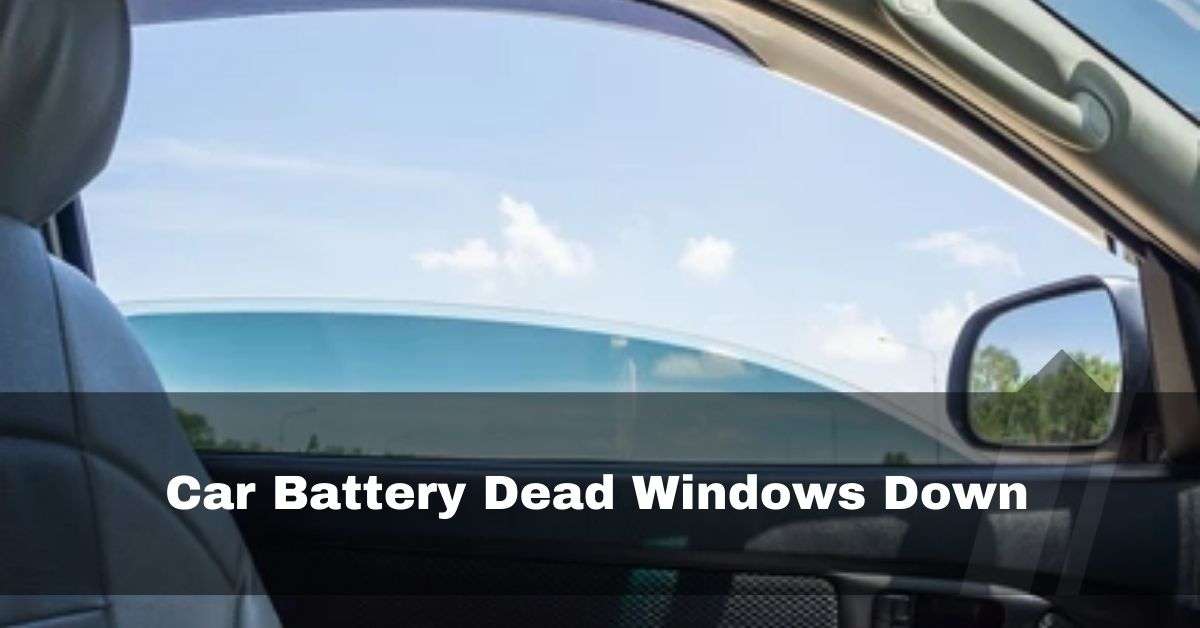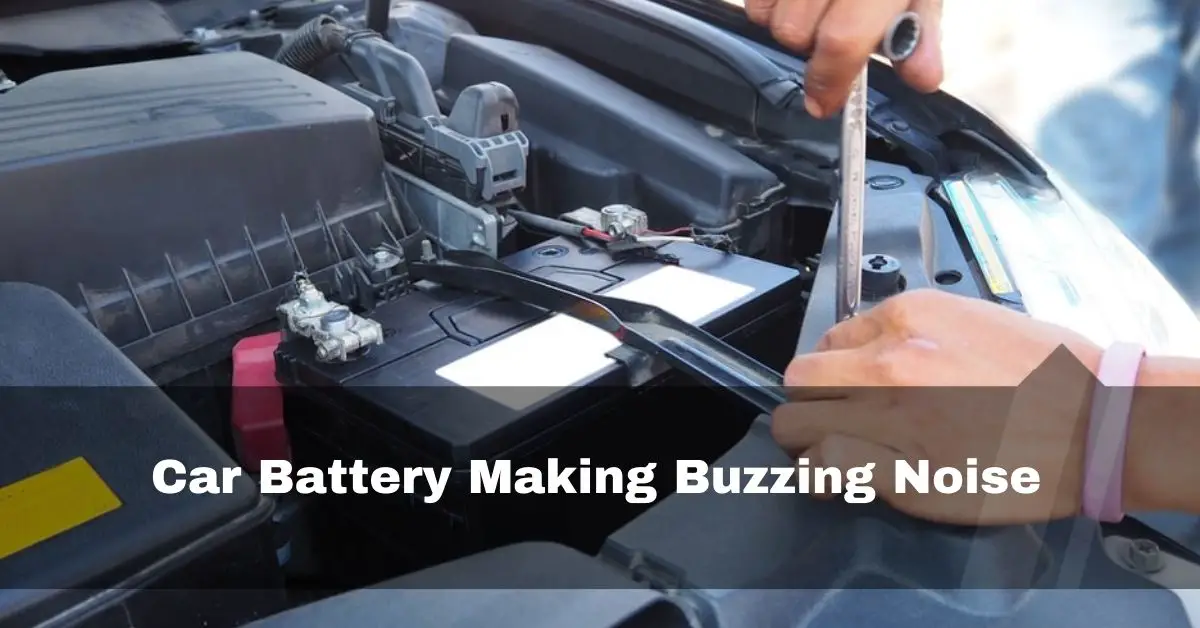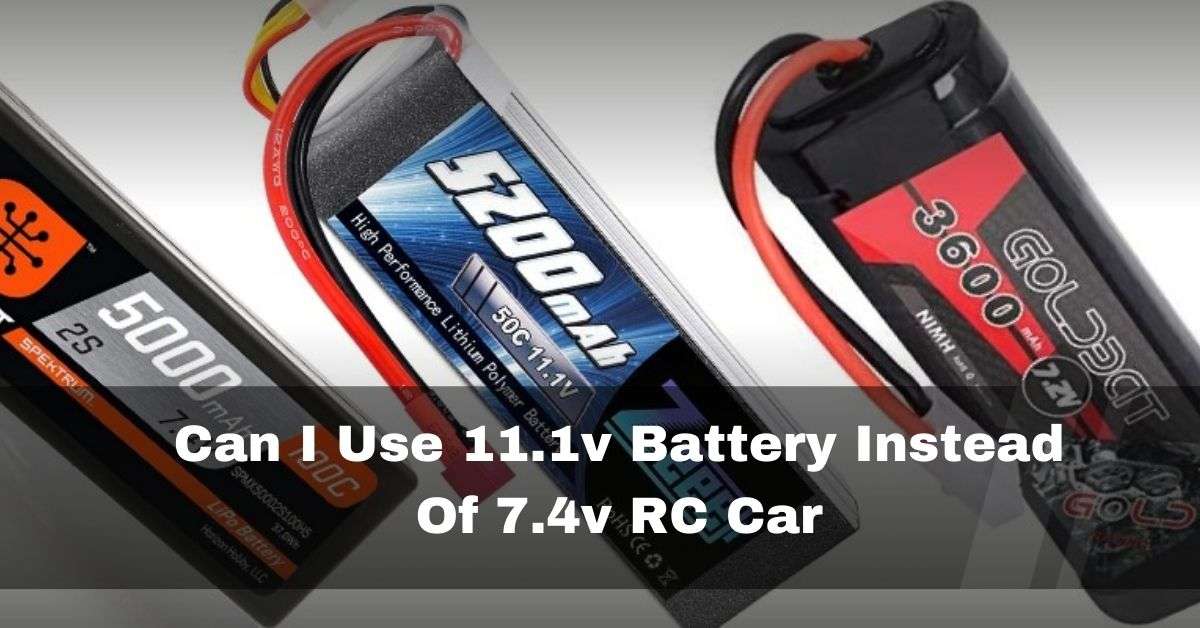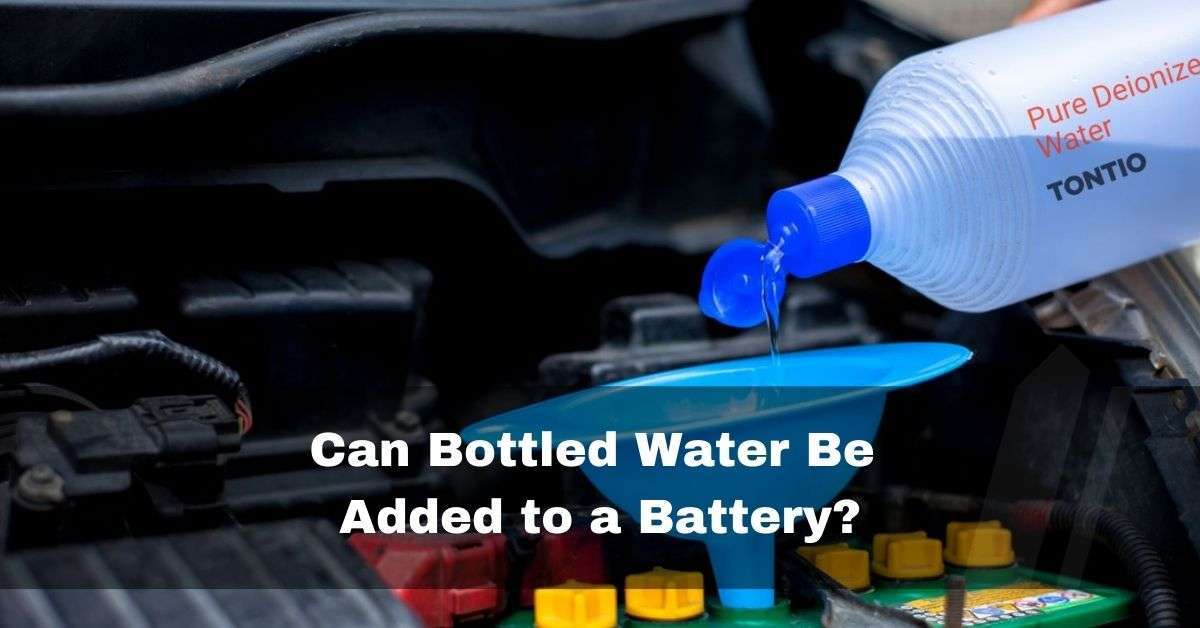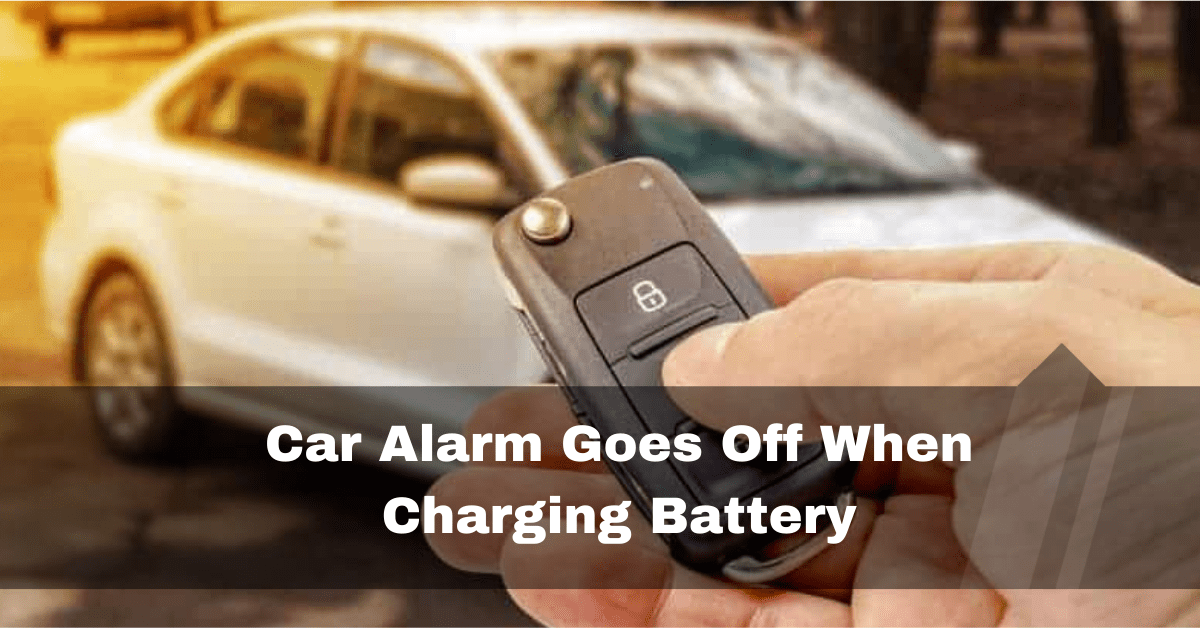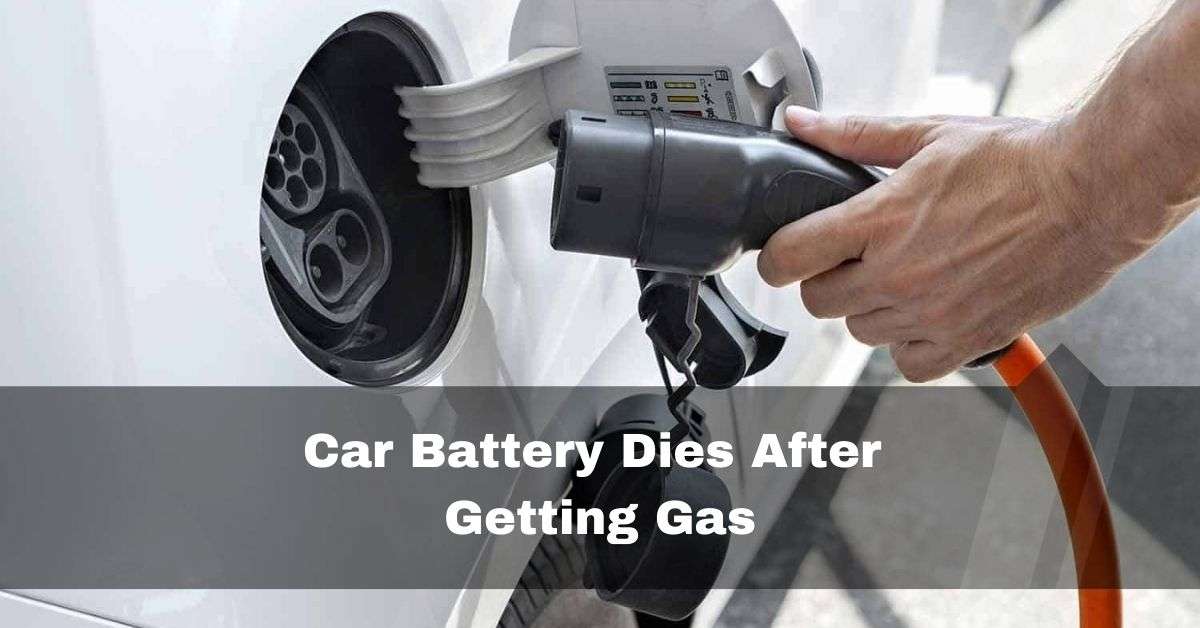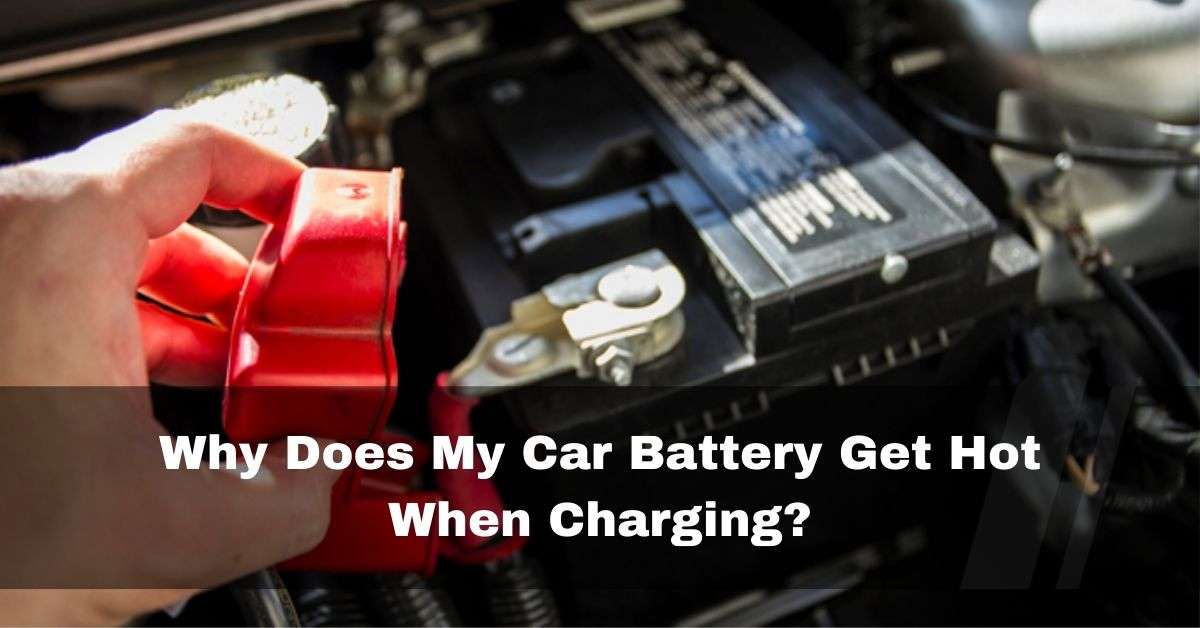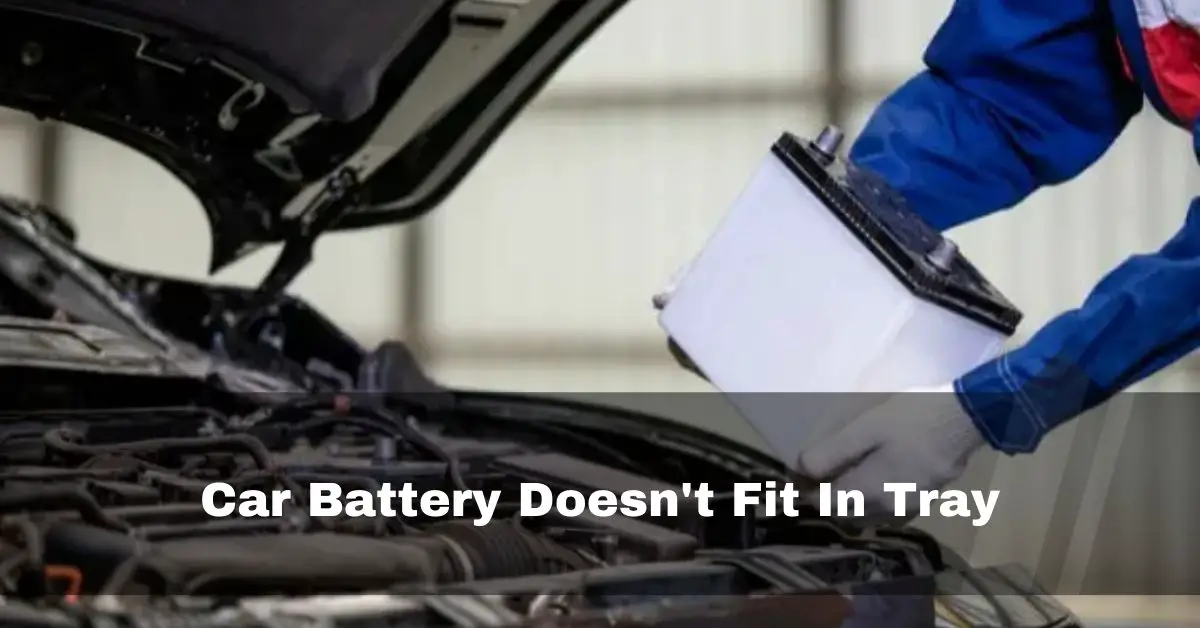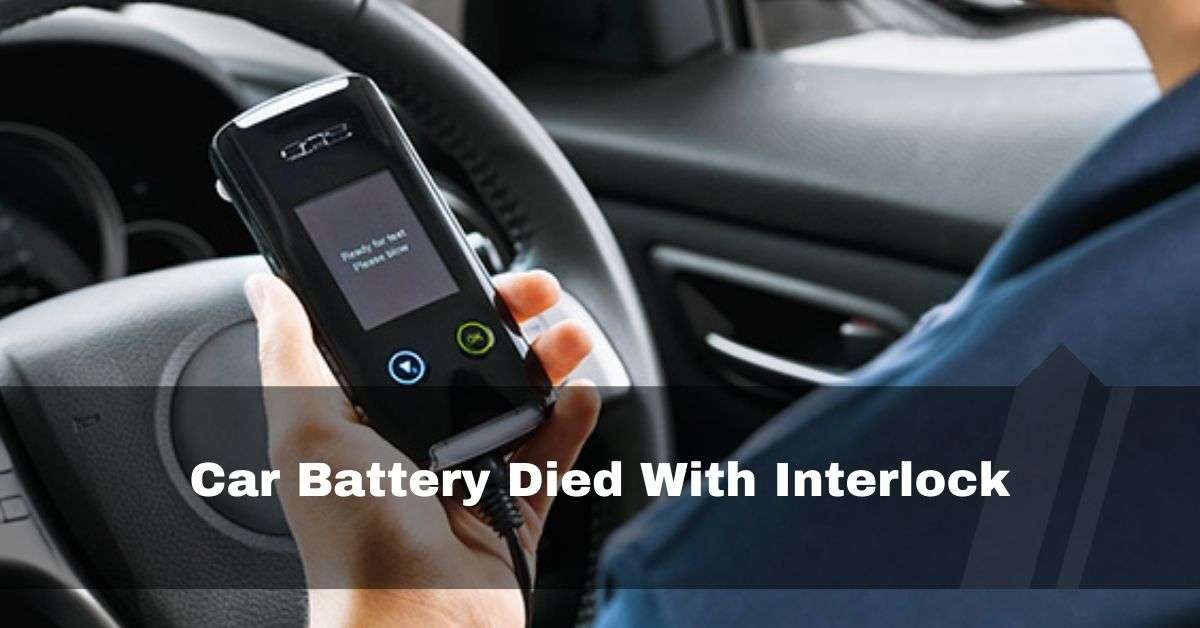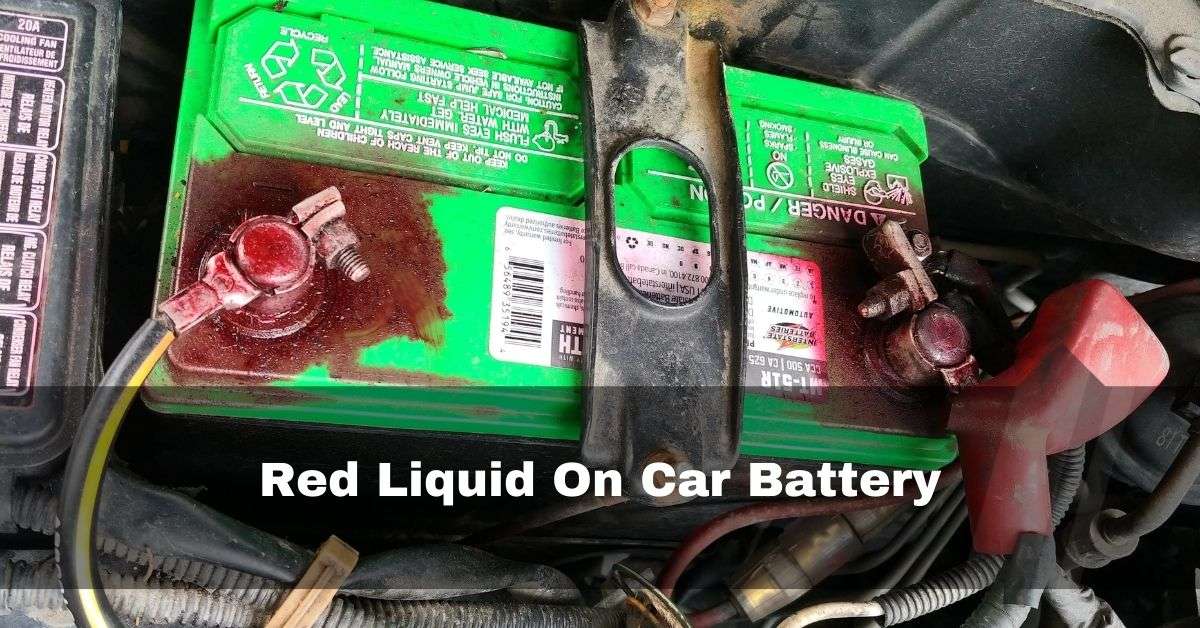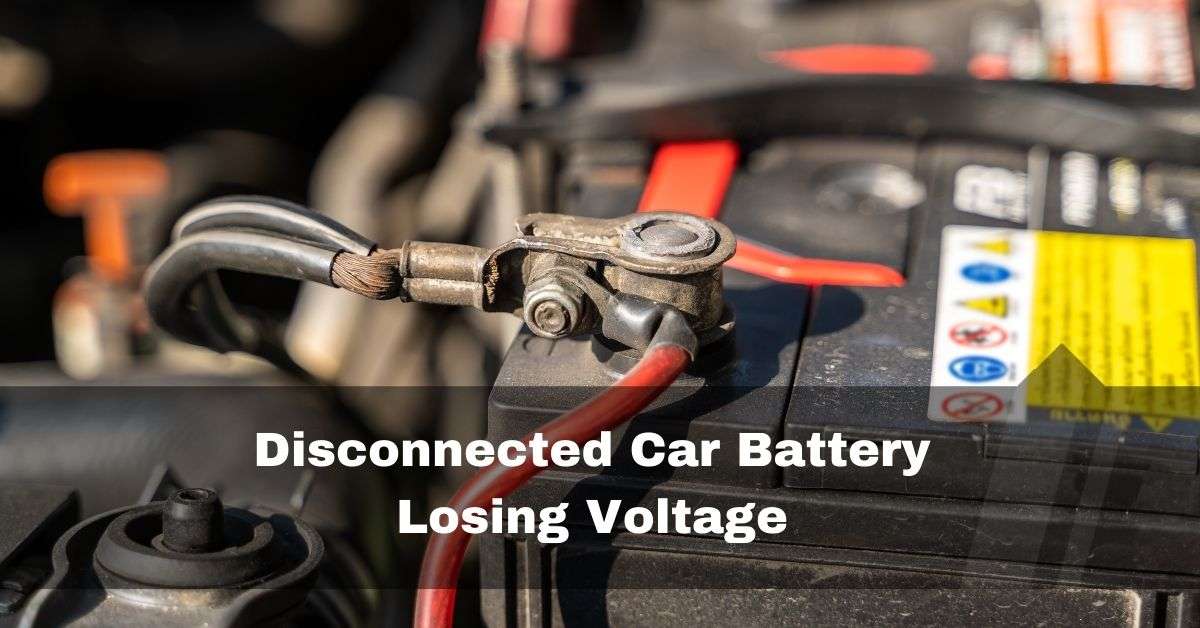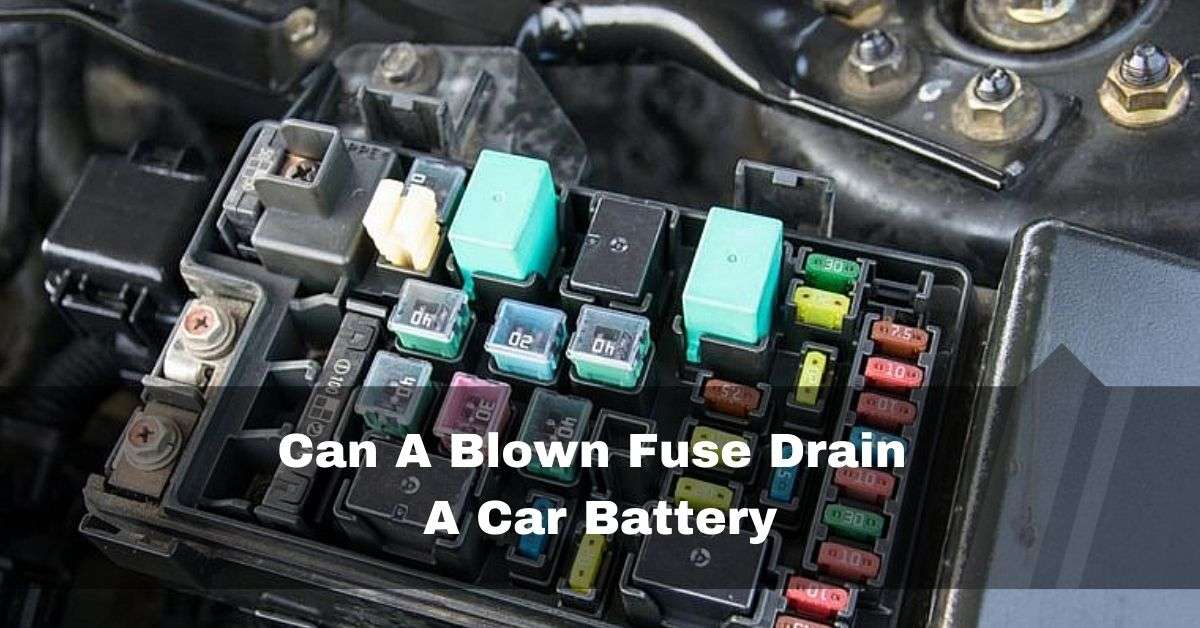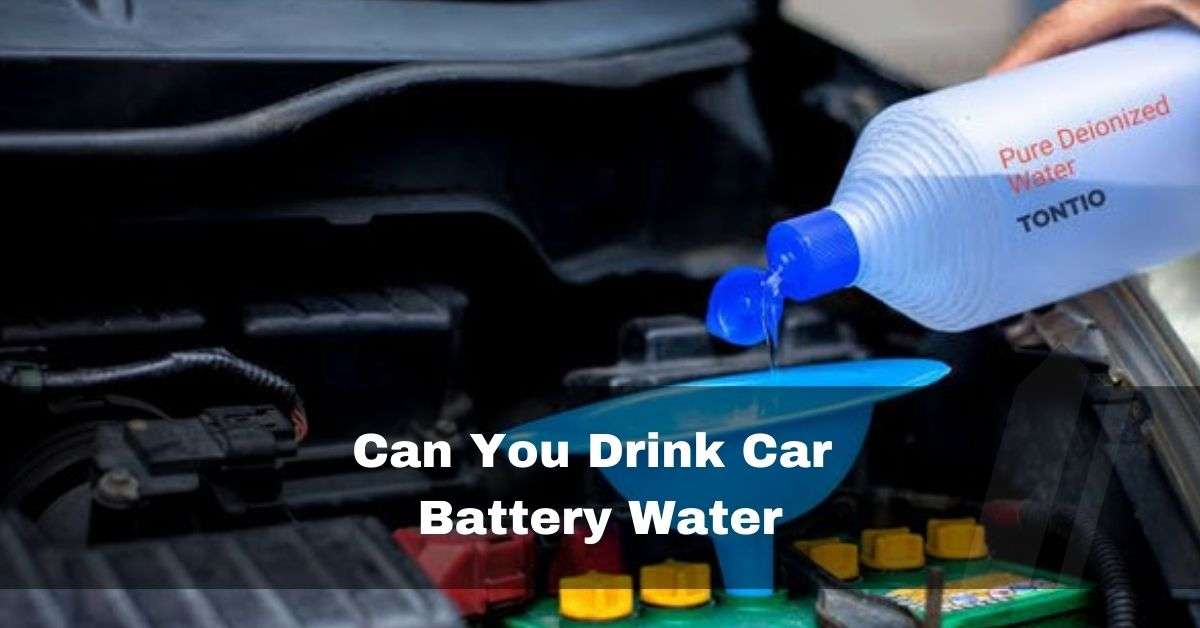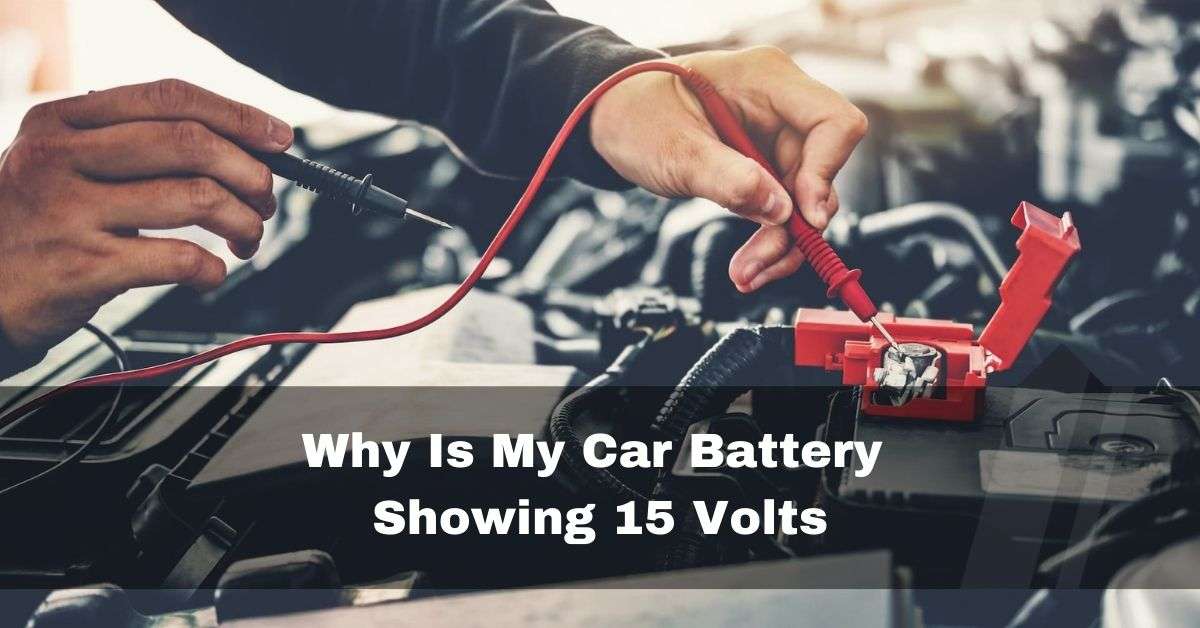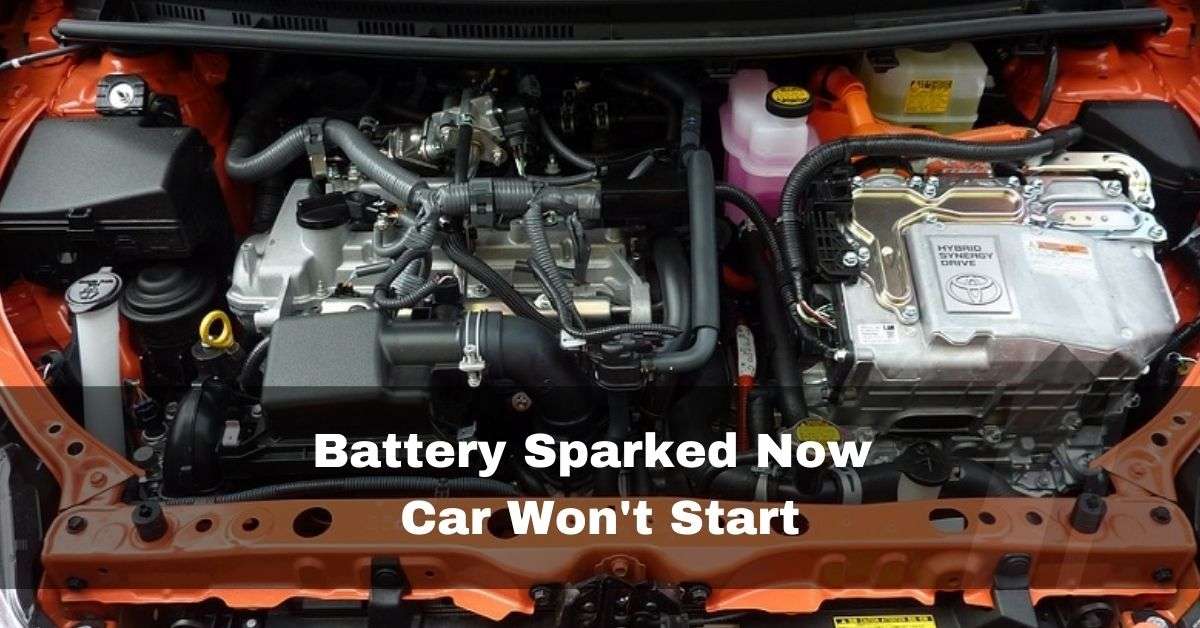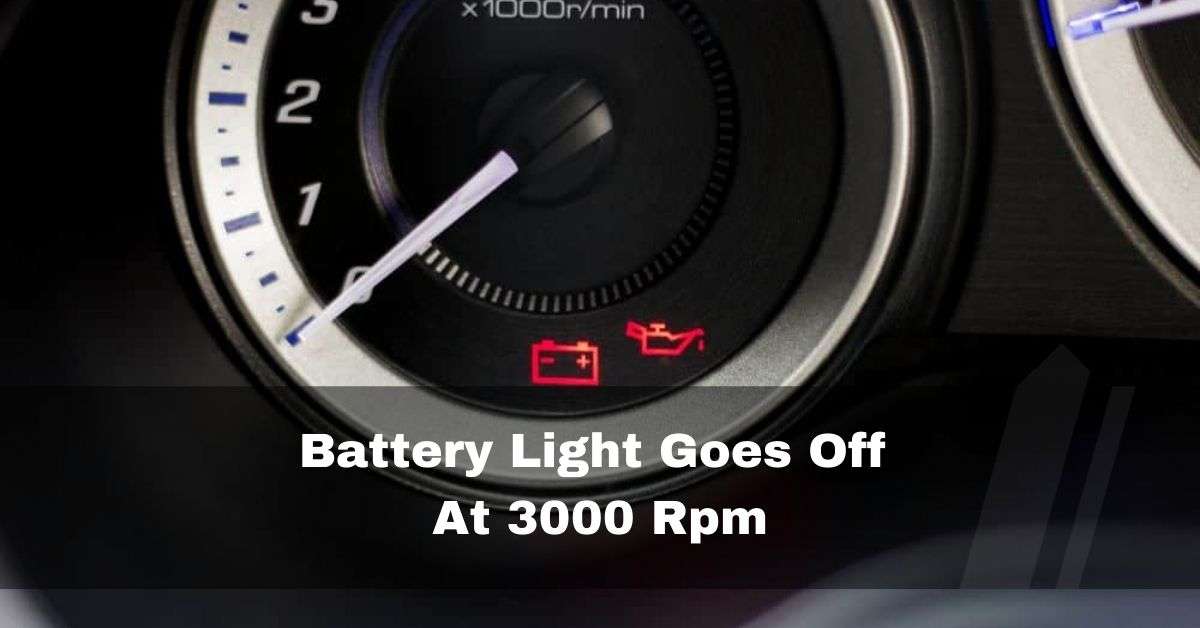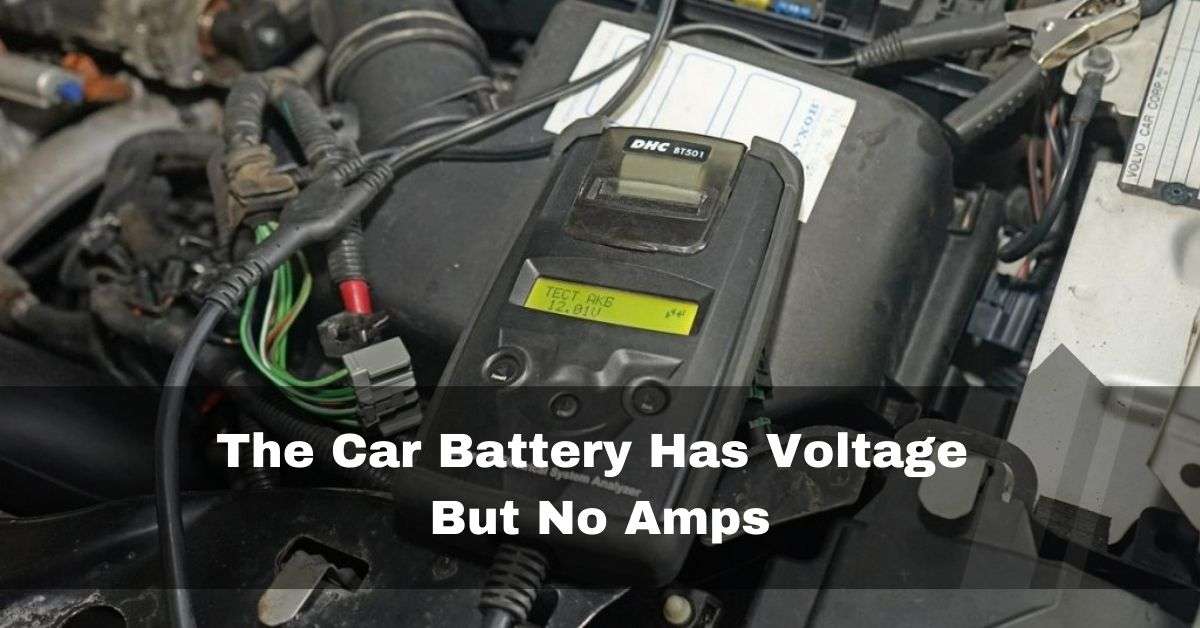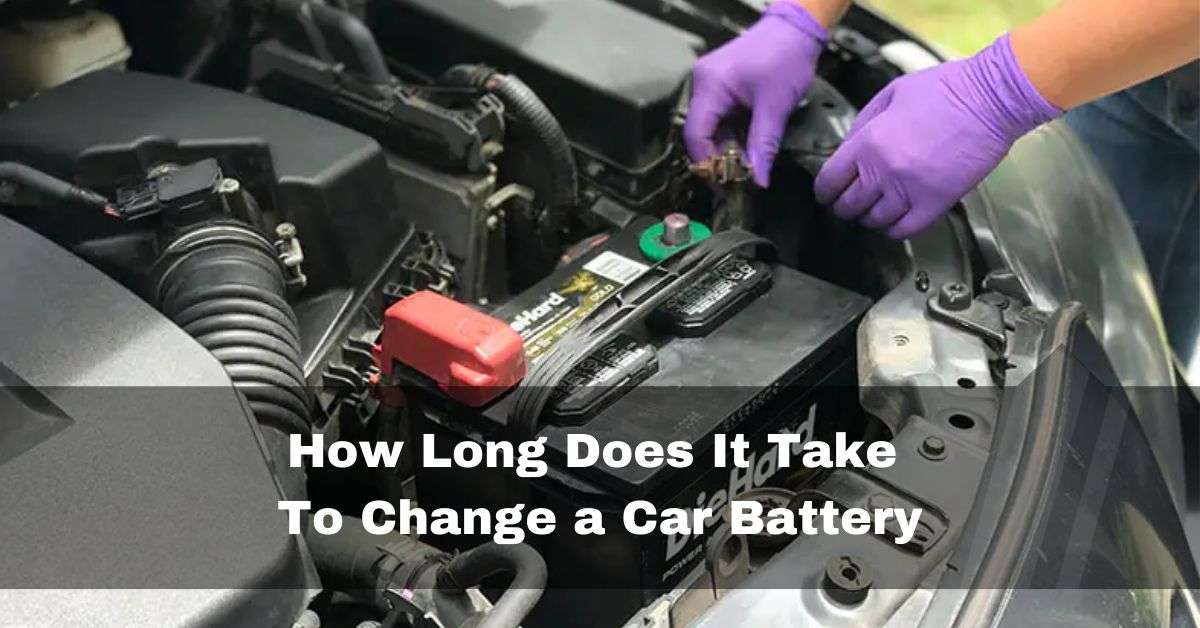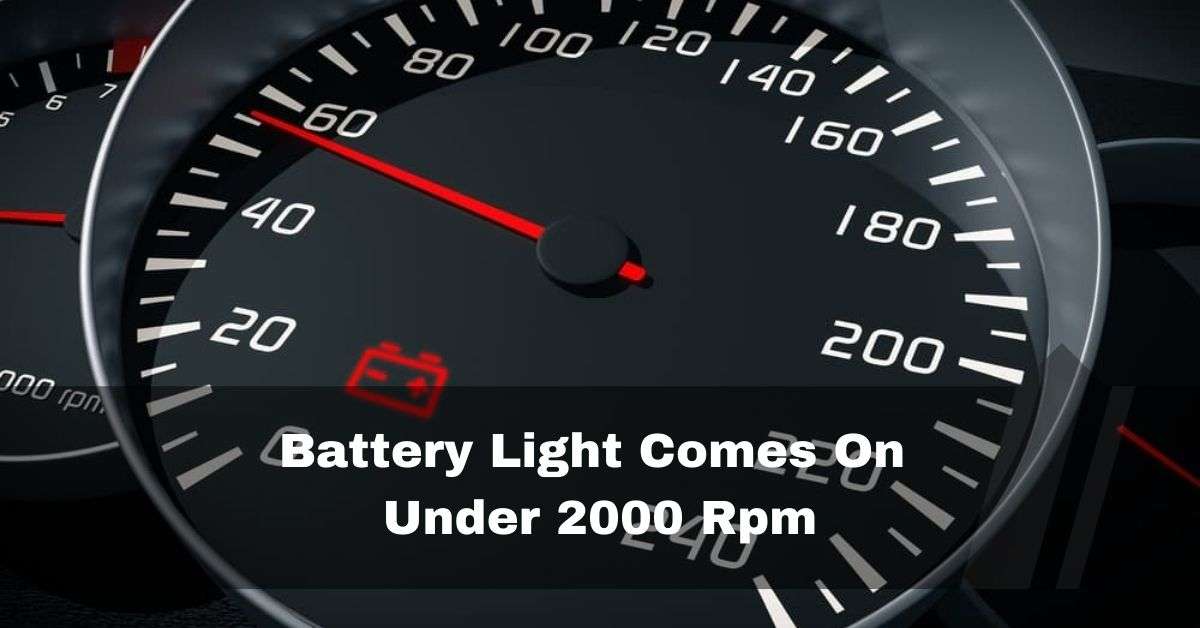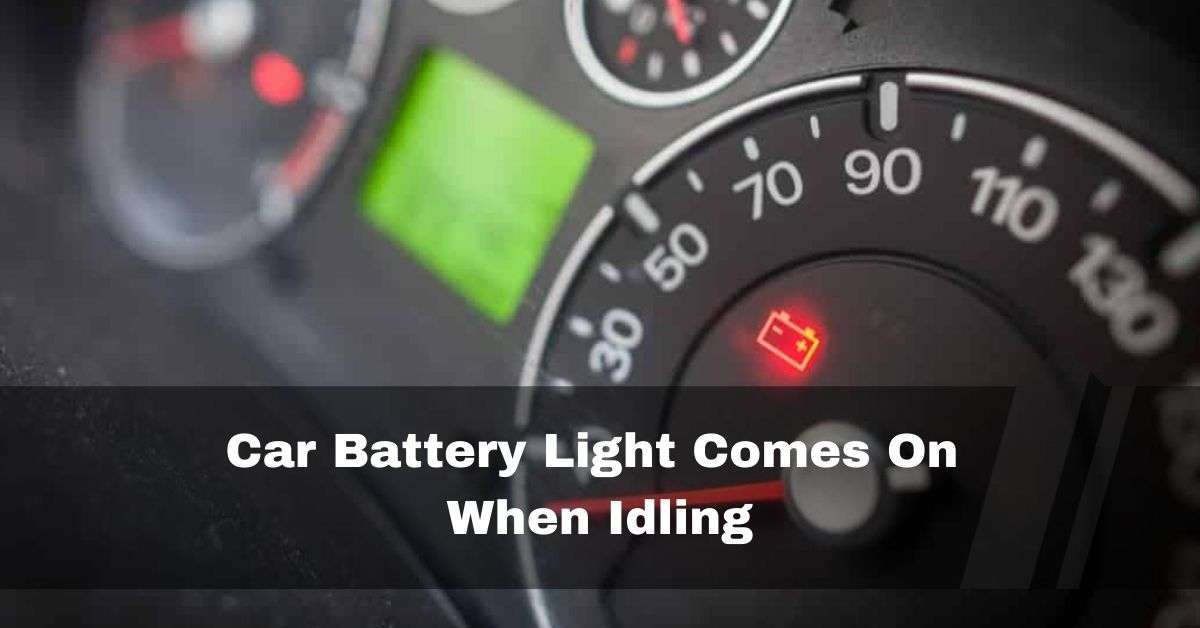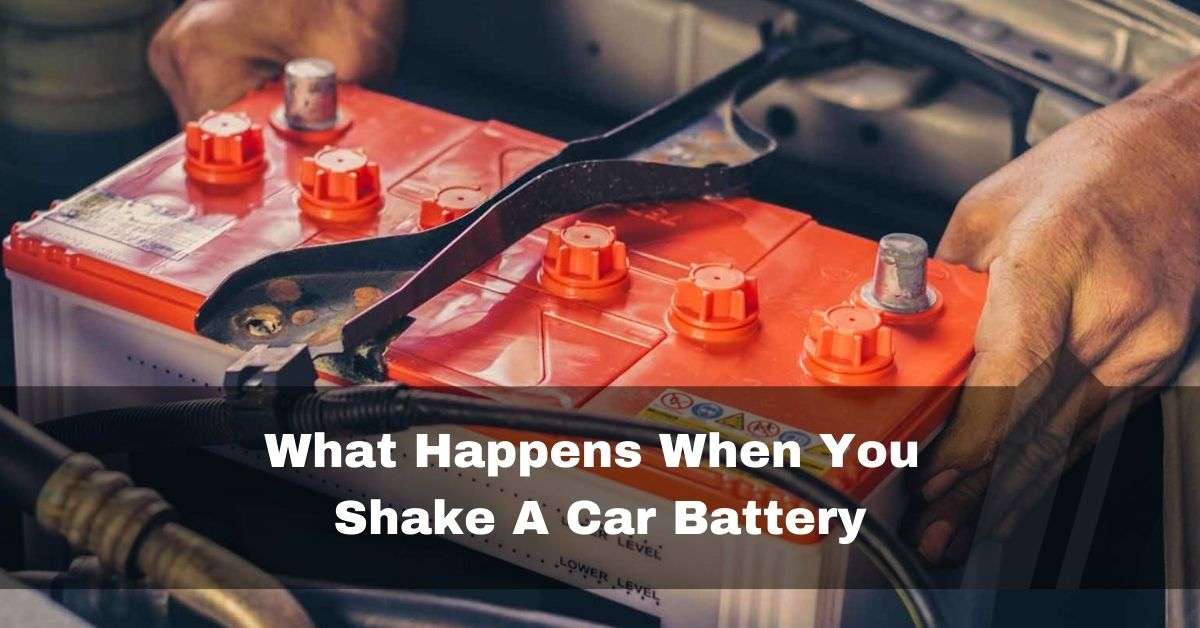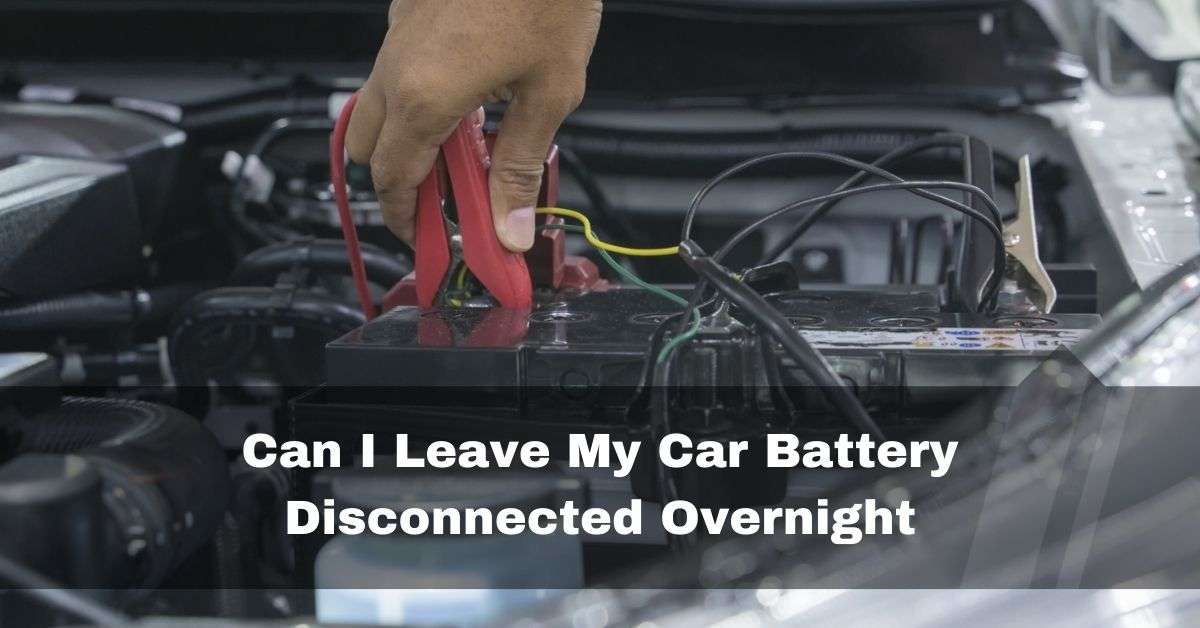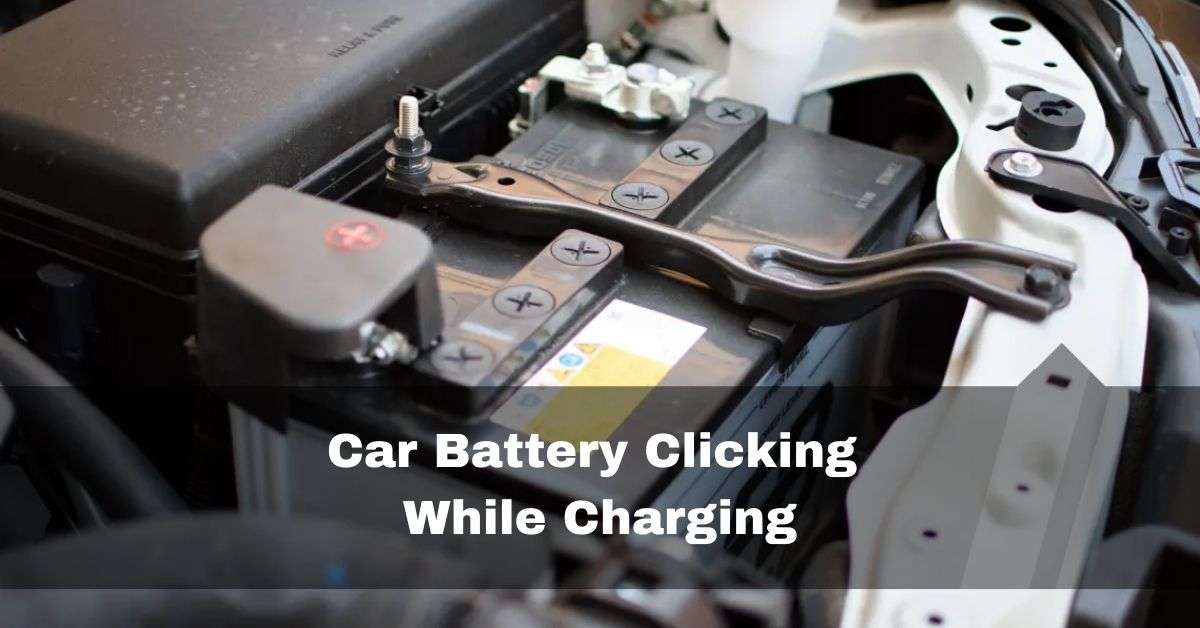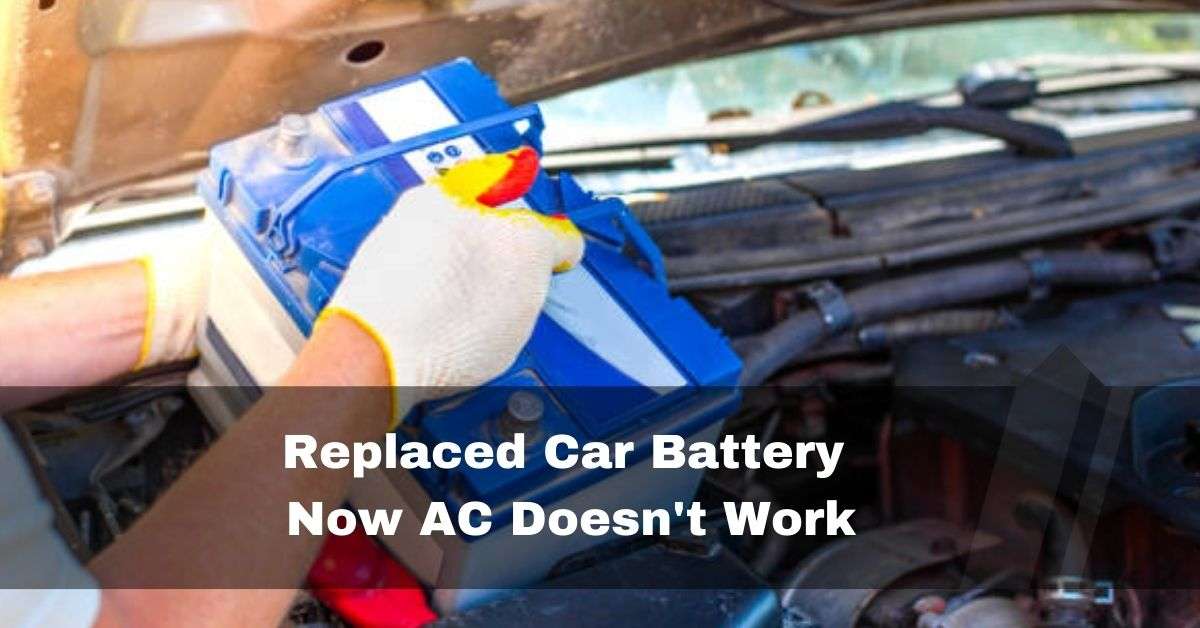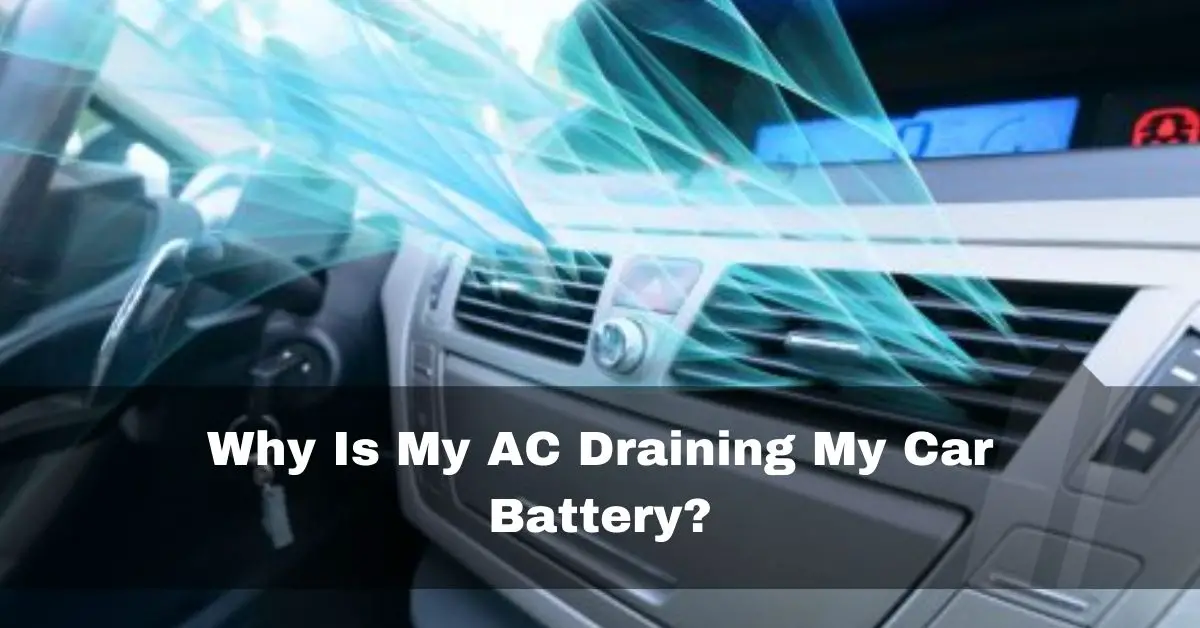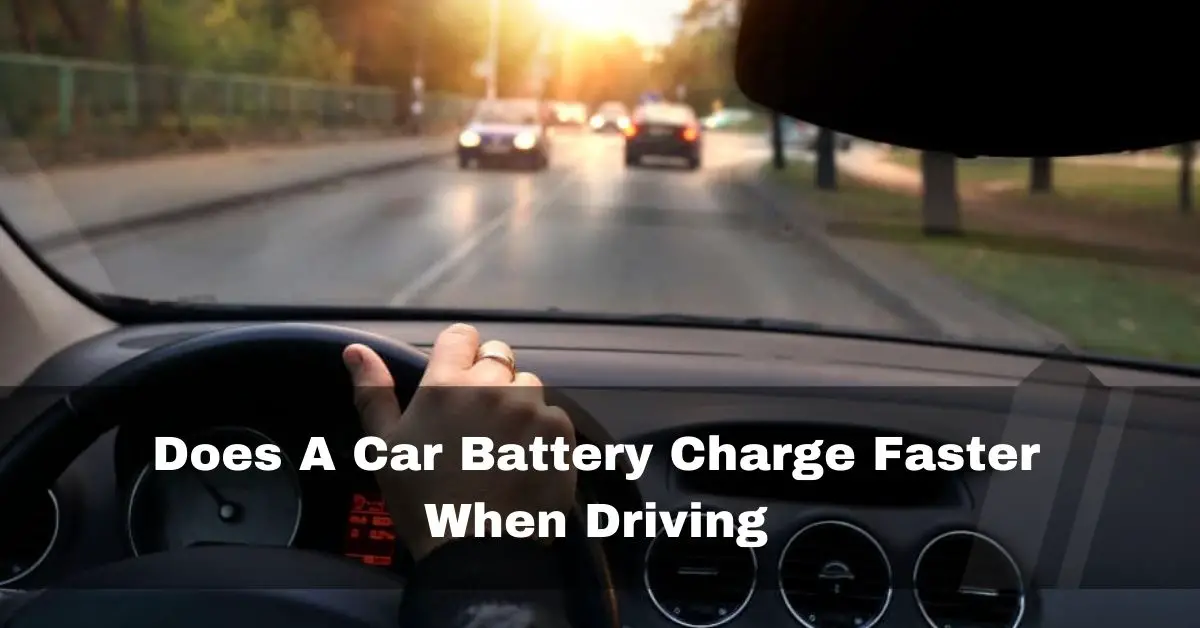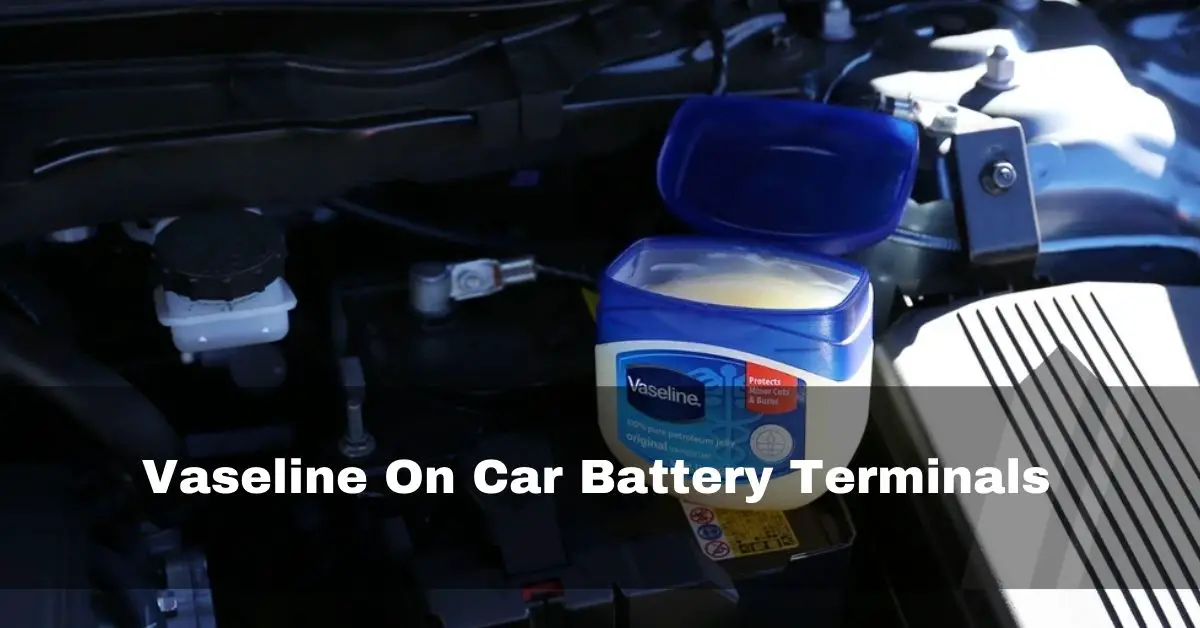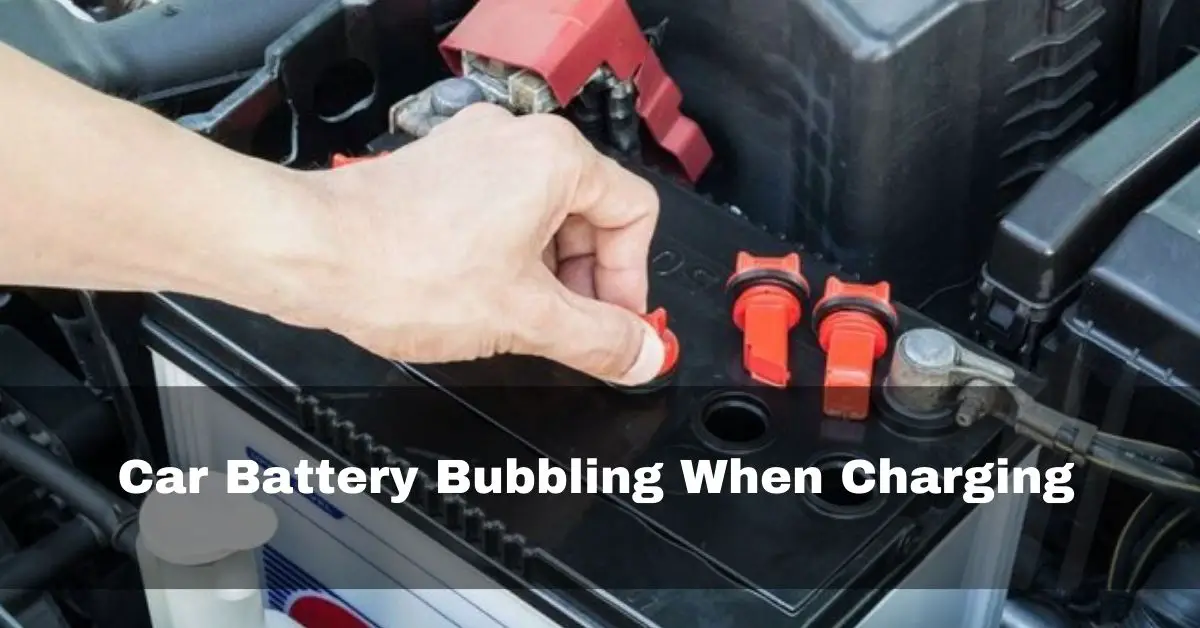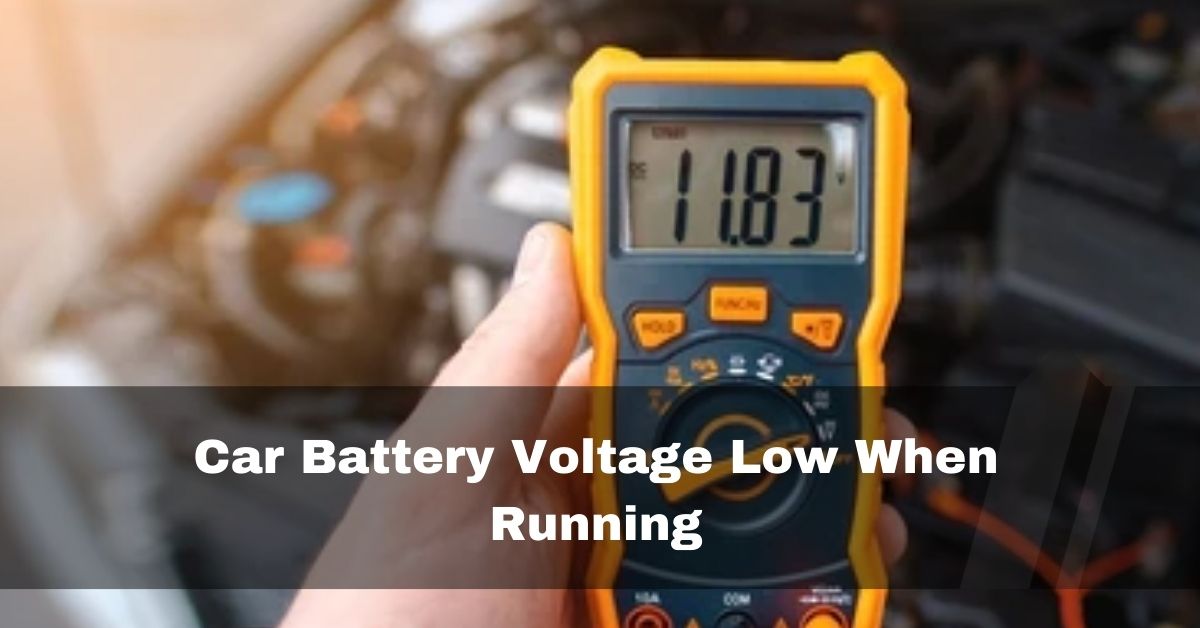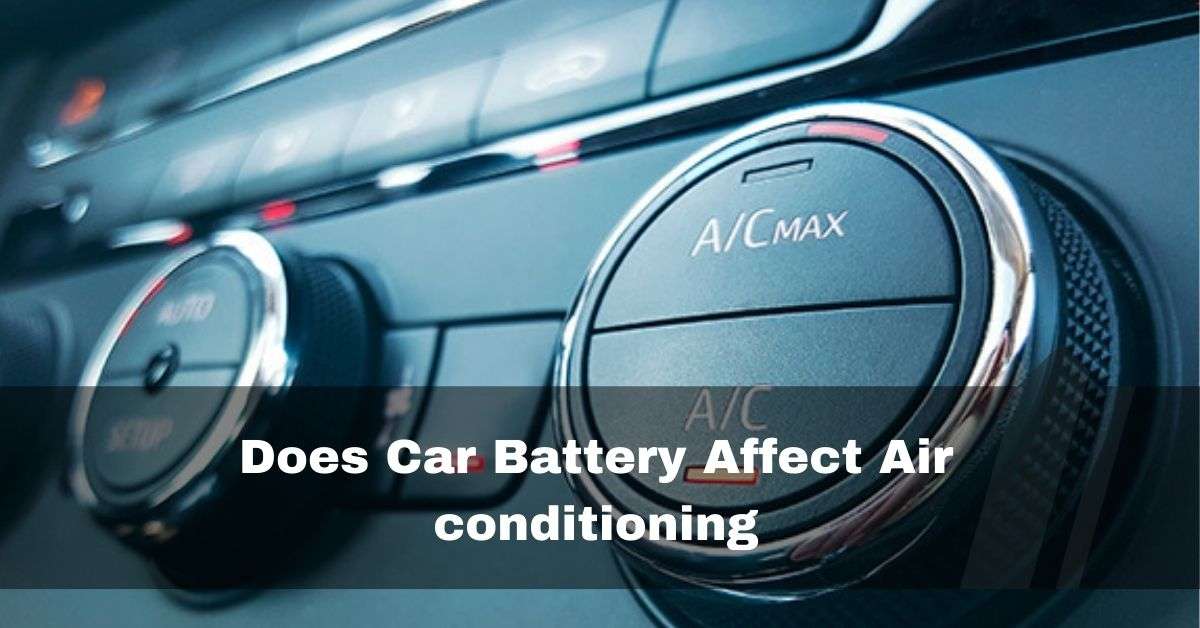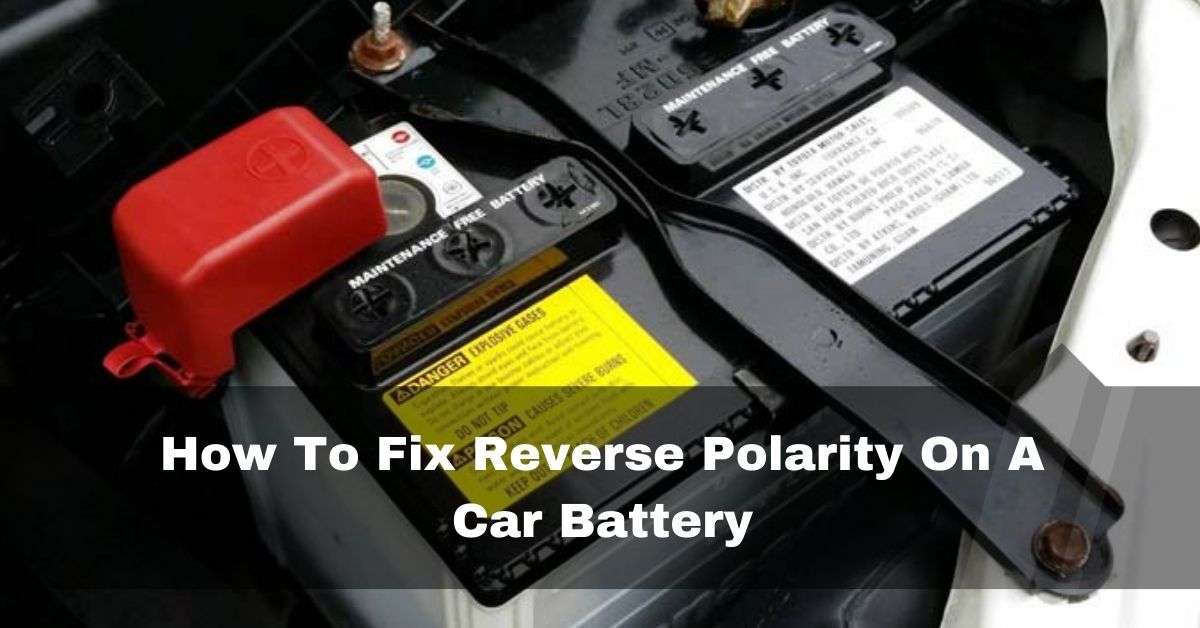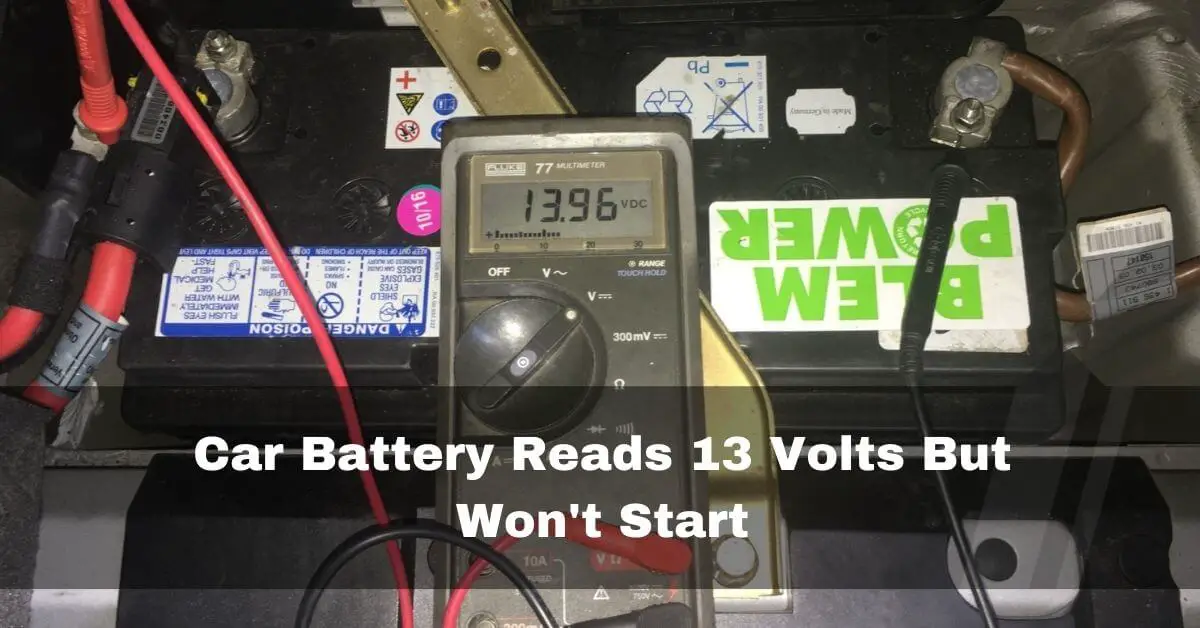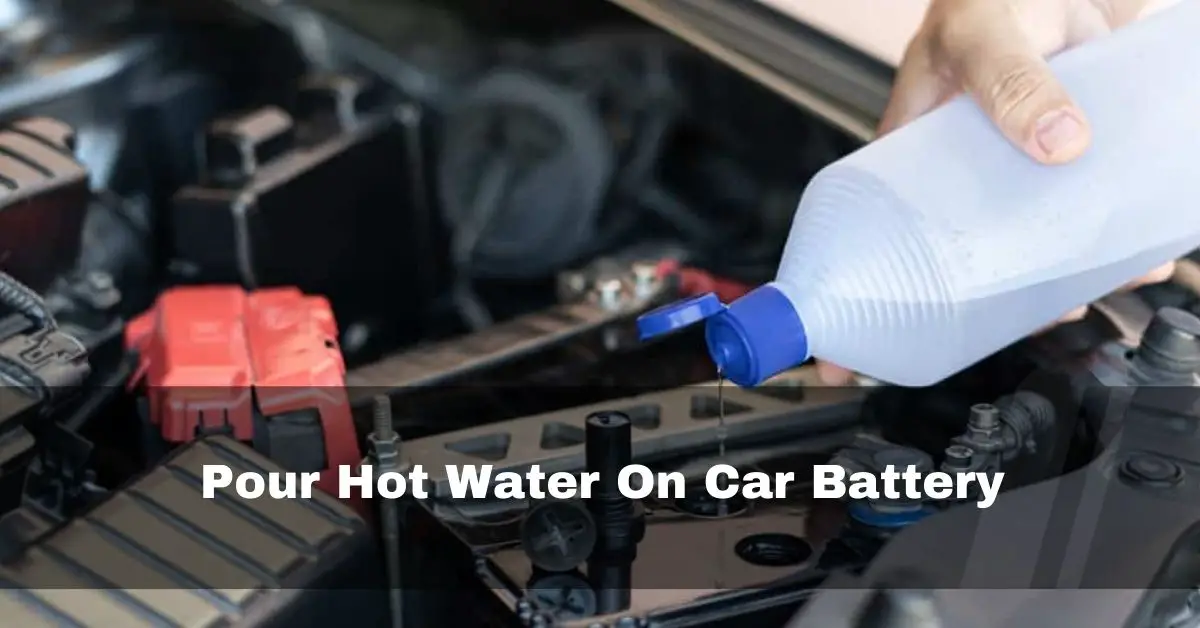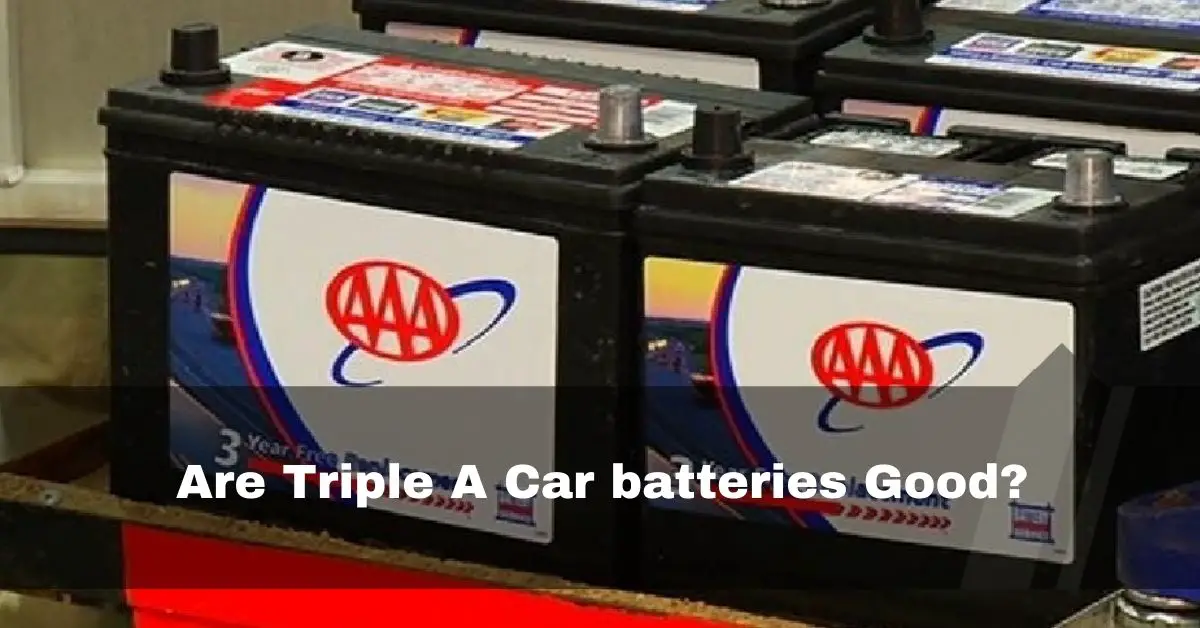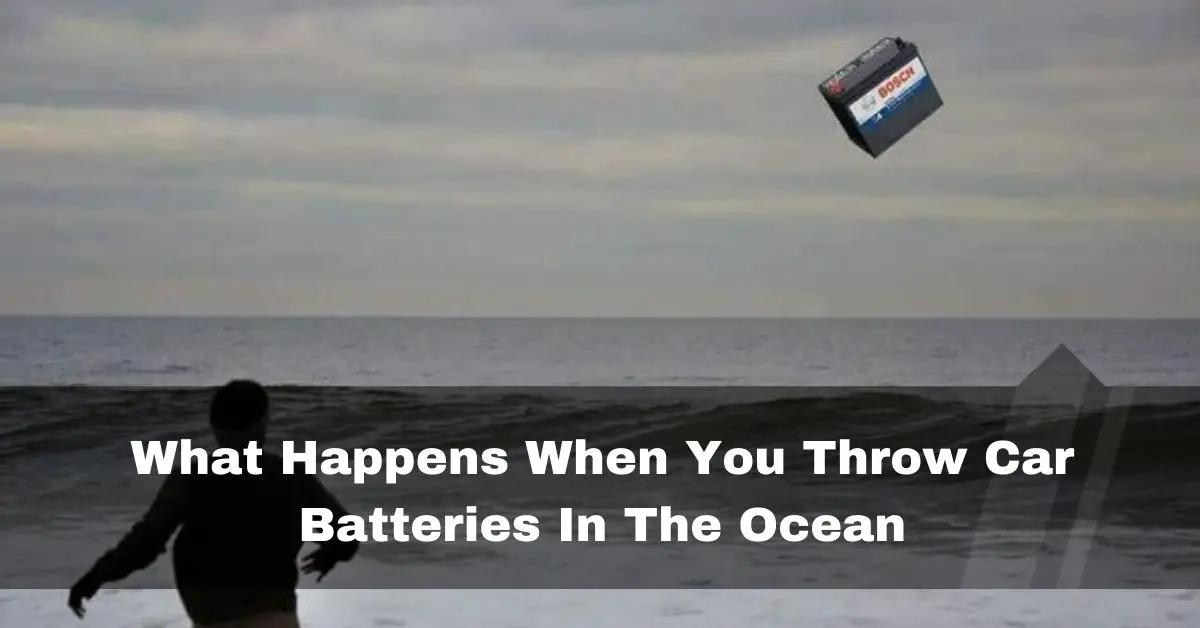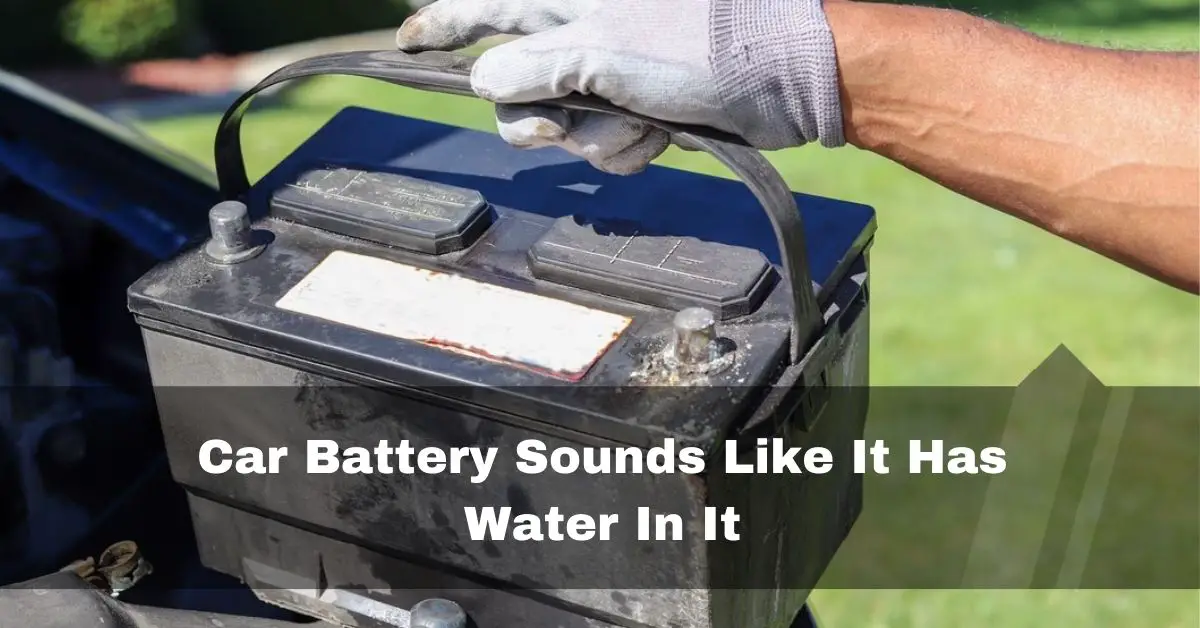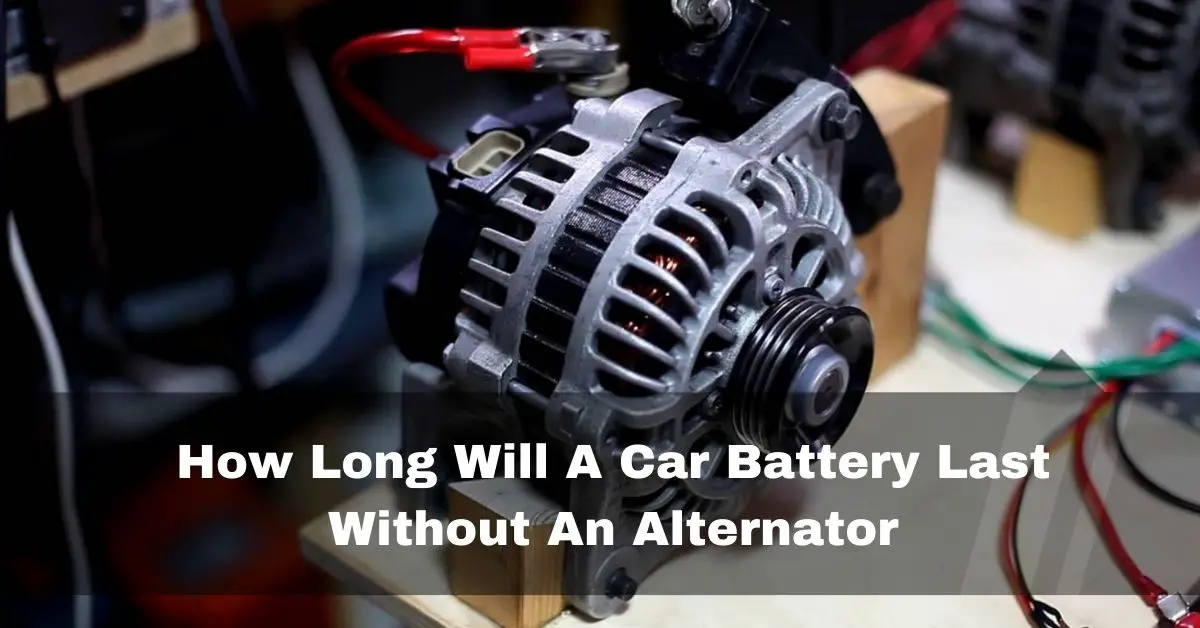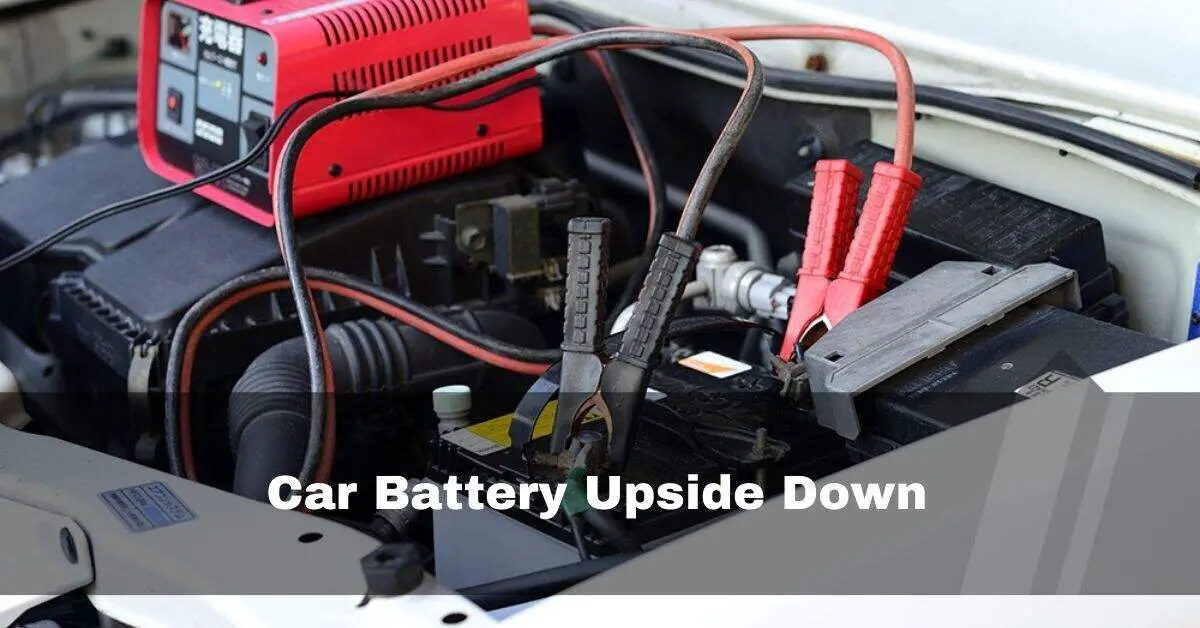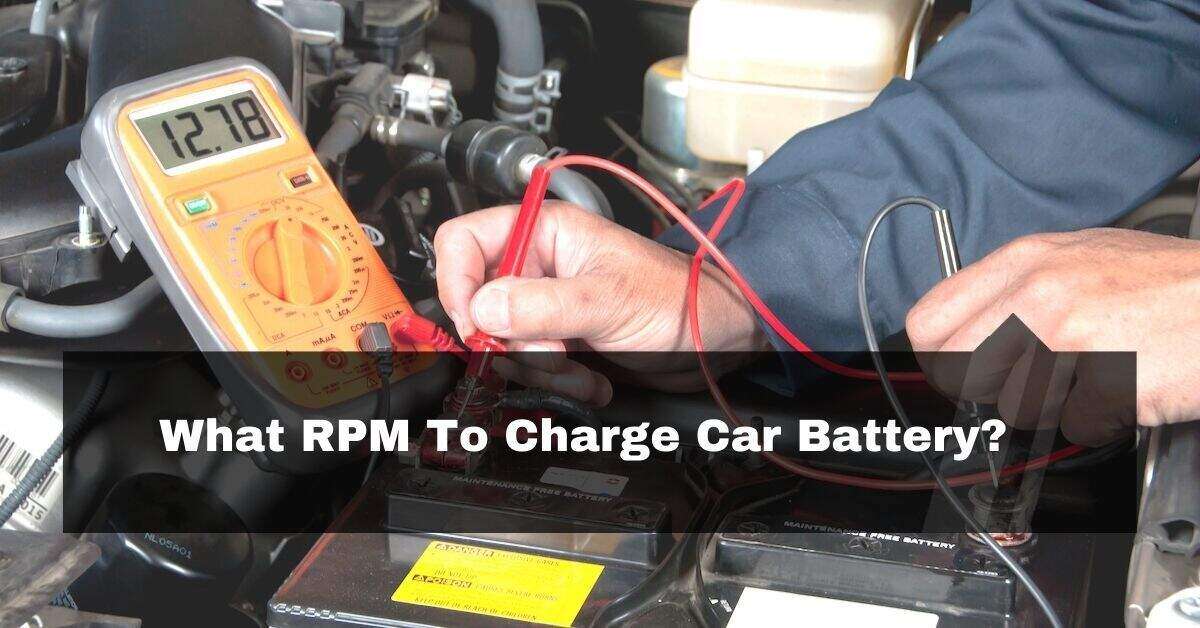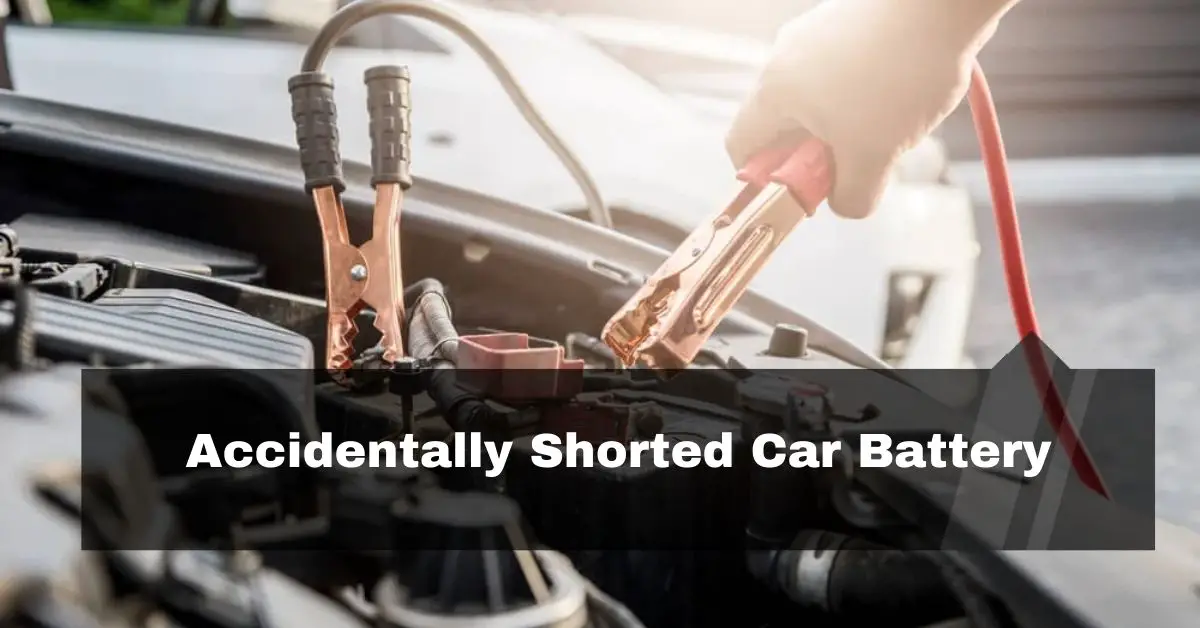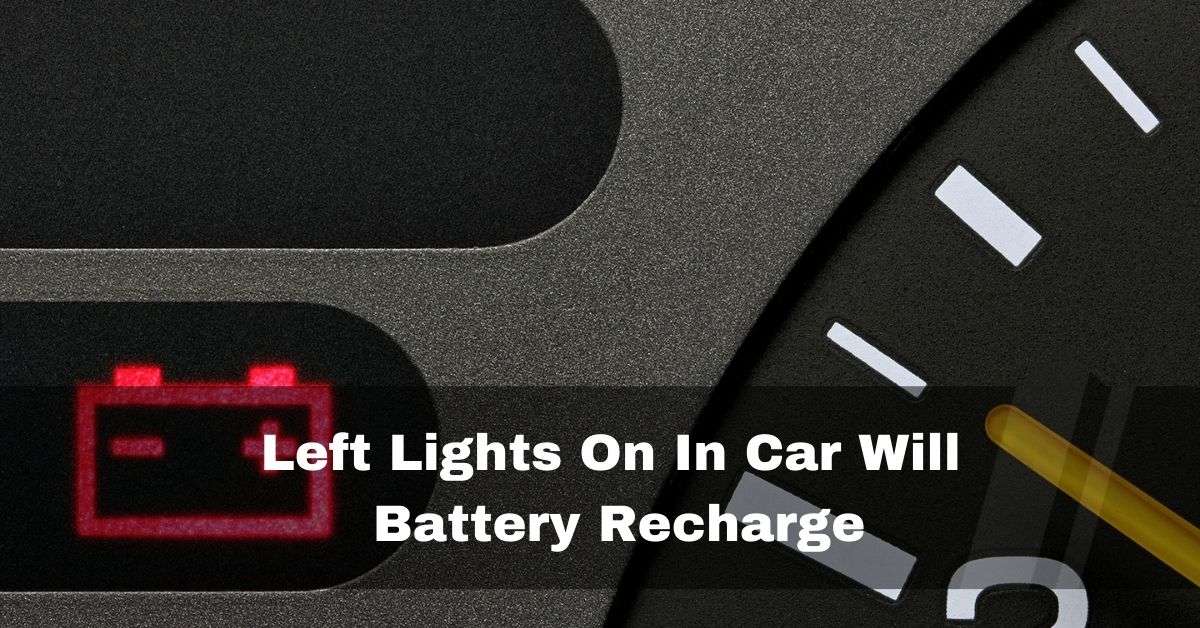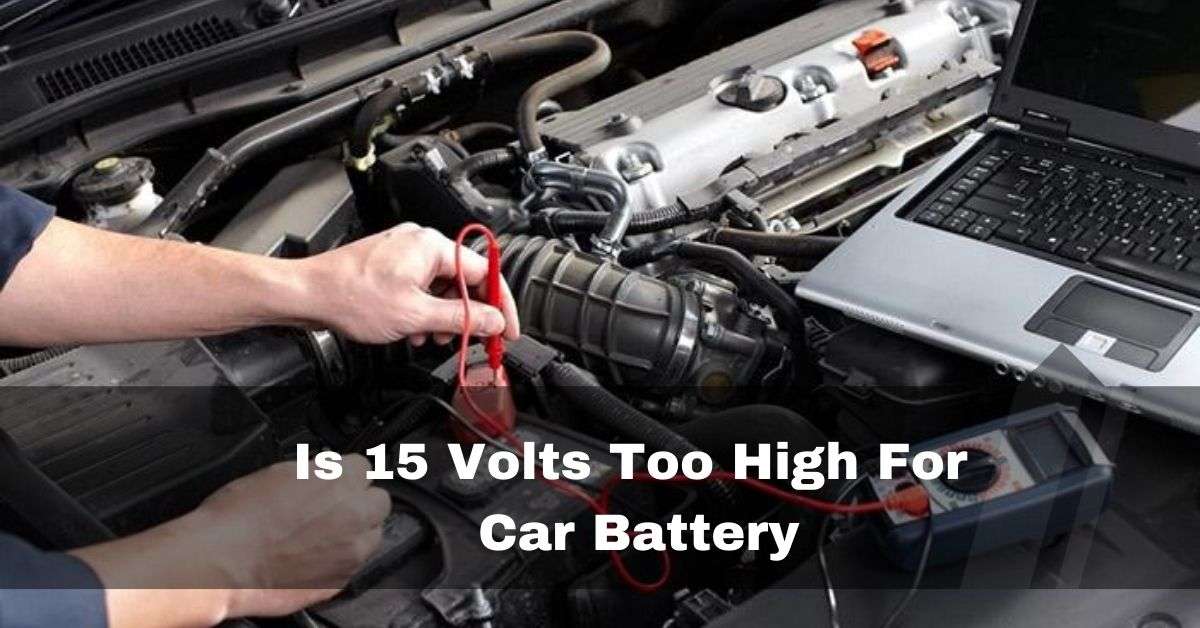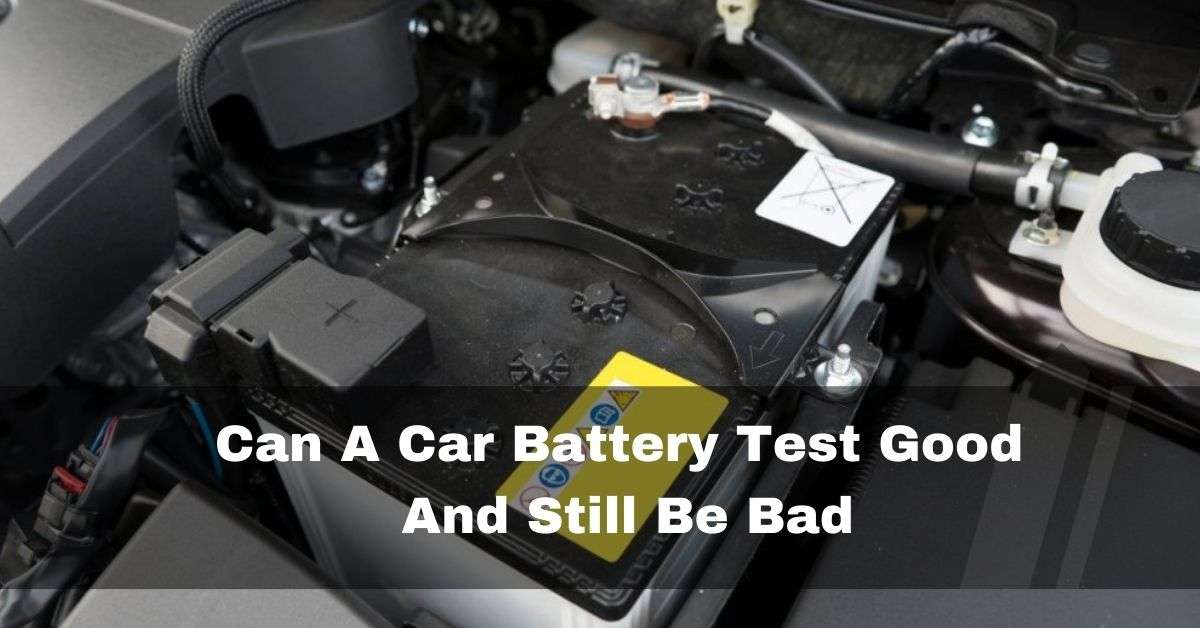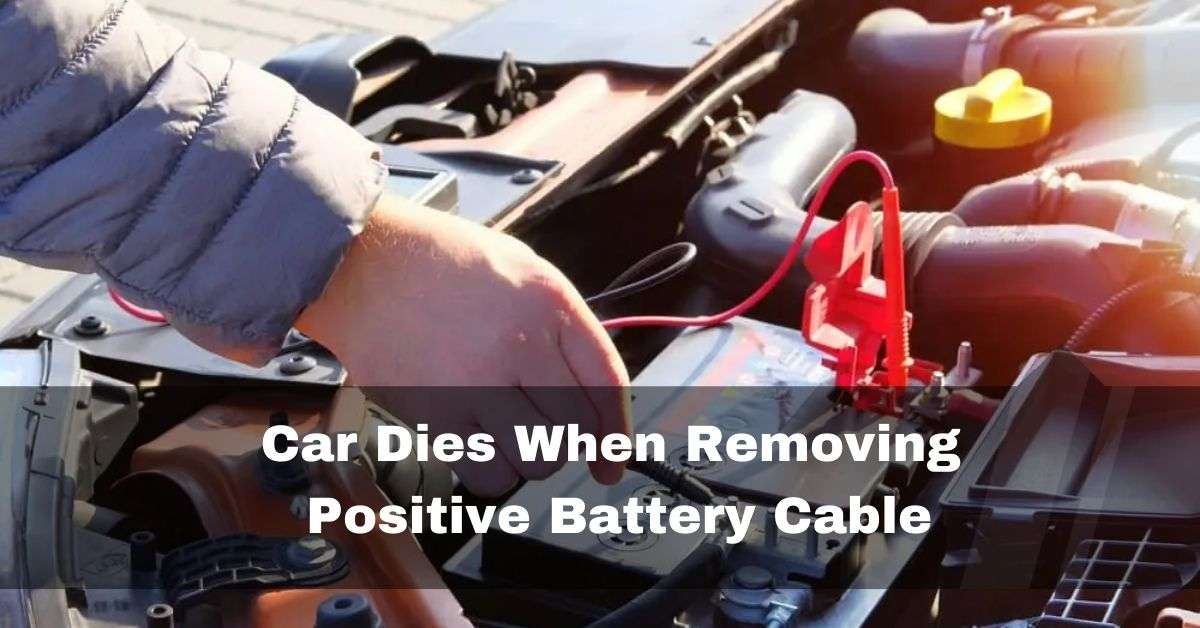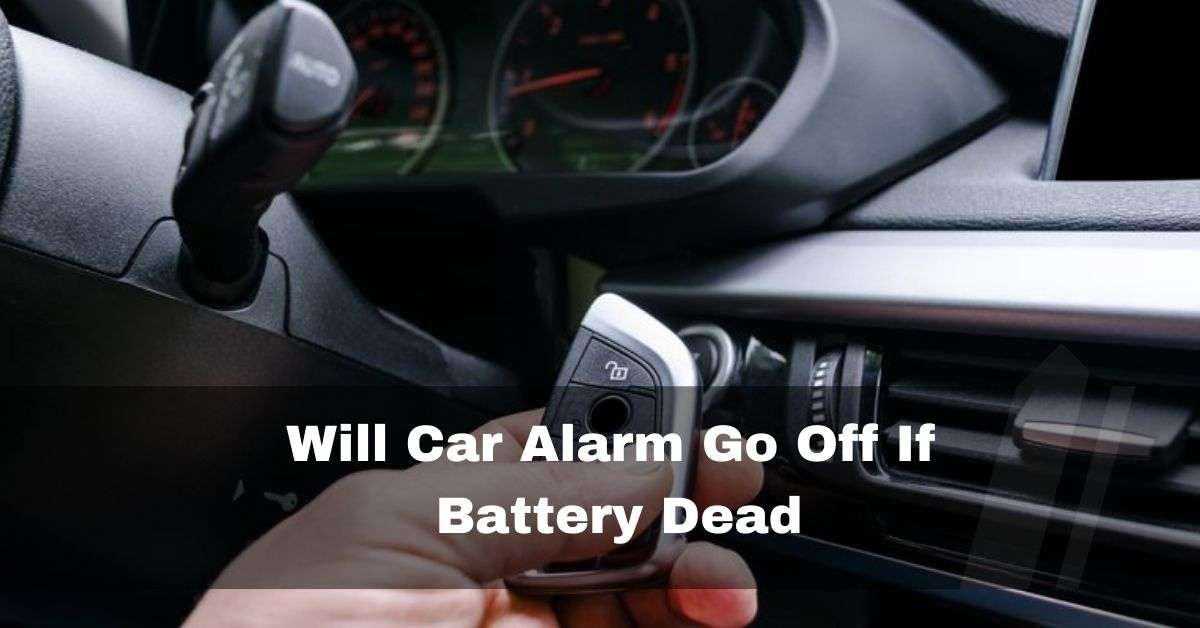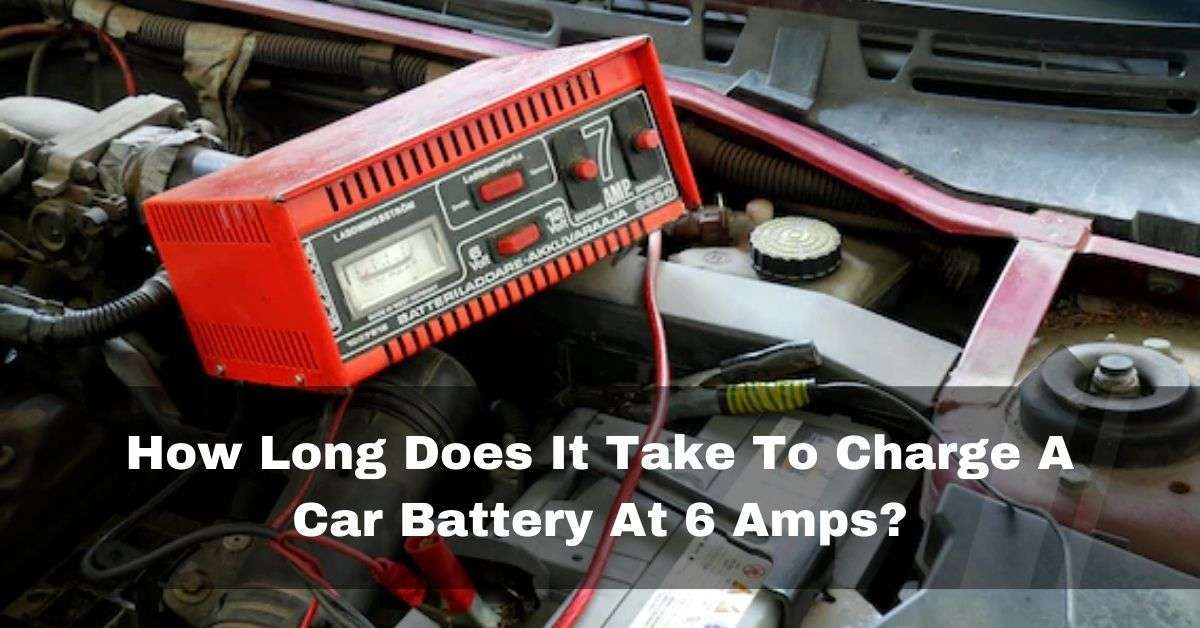We frequently concentrate on the battery’s capacity to start the engine while discussing its function. But have you ever thought how long a car can last on just the battery without the engine running?
If your alternator fails, you can generally drive up to 200 miles, 3 hours, and 20 minutes at 60mph on the battery, provided it’s in good condition and fully charged.
This article will explore this intriguing question and shed light on the factors influencing a car’s battery lifespan.
Table of Contents
How Long Will A Car Run Without An Alternator?
You may generally travel up to 200 miles on battery power alone if your car’s alternator breaks down while you’re far from home. However, how long your automobile can run on its battery alone depends on many significant aspects.
1. Battery Capacity:
An important consideration is the battery’s capacity. A standard automobile battery has a 45–75 ampere-hour (Ah) capacity. Longer driving distances can be achieved with larger-capacity batteries. However, this capacity may get smaller as the battery ages.

2. Battery Condition:
Your battery’s condition is critical. A fully charged and well-maintained battery will supply more power so that you can drive without an alternator. A more recent battery will function better because batteries lose capacity over time.
3. Electrical Load:
An important factor is the battery’s electrical load. Your battery will last longer if you use electrical accessories like lights, radios, and air conditioners as little as possible. The battery can be quickly discharged by using several accessories.

4. Driving Habits:
The way you drive matters. Driving aggressively at high speeds and with quick acceleration uses more battery life. Driving carefully and smoothly will prolong the battery’s life.
5. Safety Concerns:
Driving without an alternator makes driving in low light or hazardous situations risky because you won’t have access to essential safety elements like headlights and brake lights. It is crucial to put safety first.
It’s wise to seek assistance or repairs as quickly as possible in the event of an alternator failure. Using the battery alone is not a long-term option; completely draining it can harm it.
How Long A Car Battery Lasts Without Driving?
There are several estimates for the lifespan of a car battery while a vehicle is left inactive. A car battery, which powers accessories like the radio and clock by converting chemical energy into electrical energy, surprisingly degrades quickly if it isn’t used frequently.

A car’s battery could run out in as little as two months if left idle for a long time. Similar issues arise with electric vehicles; an idle battery may last one to two months, with a fully charged battery.
Hybrid cars, which combine fuel and electricity usage, may have quicker drainage, sometimes within a month. Battery health can be maintained through regular use or battery maintainers.
What Can Drain A Car Battery When The Car Is Off?
Beyond the natural decline in older batteries, several variables might contribute to a car battery draining when the vehicle is off. Typical offenders include:
- Issues like broken cables, blown fuses, or spark plug wear might bring on excessive battery depletion.
- The electrical current flow can be disrupted by corrosion on the battery terminals and connectors, hastening battery discharge.
- Inadequate battery recharging may result from problems with the alternator, which charges the battery while the engine operates.
- The voltage regulator and other parts of the overall charging system could malfunction, preventing the battery from receiving a sufficient charge.
How To Save A Car Battery When Not In Use?
Keeping a car battery healthy is crucial when it’s not being used. If you plan to leave your automobile parked for an extended period, drive it for 15 minutes at least once every week. By transforming chemical energy into electrical energy, this enables the battery to recharge.
Deterioration can result from short, repeated drives that don’t provide the battery enough time to recharge. Choose longer drives whenever you can. You should use the backup vehicle more frequently if you have multiple vehicles. Your primary vehicle’s battery will remain in better condition, and its idle time will be decreased.
How To Keep A Car Battery Charged When Not In Use?
You can use a “trickle charger” to keep a car battery charged while it is inactive. These devices are made to be fastened to the car for a long time, guaranteeing that the battery is continually charged at a rate that corresponds to how quickly it drains.
Different kinds of trickle chargers are ideal for particular car models and usage periods. To keep your car battery charged while it’s not in use, it’s crucial to choose the correct charger for your car and learn how to use it.
Steps To Take If A Car Battery Is Dead:
If you find that your car battery is dead, follow these steps to address the issue:
1. Check For Accessories:
The battery must be recharged if you unintentionally left lights or other accessories on. The solution should be to jump-start the automobile or use a battery charger.

2. Check For Corrosion:
If there isn’t a clear cause for the battery discharge, look for corrosion at the battery terminals. If you notice any white deposits, remove them with a wire brush and a solution of water and baking soda.
3. Consider A Defective Battery:
You might have a defective battery if neither of the situations above apply. Other worn-out or faulty parts, such as the alternator, battery cables, or terminals, may also cause the issue. To fix the problem in such circumstances, you must fix or replace the defective parts.

FAQs:
1. Can I Drive If My Alternator Goes Out?
Yes, but it also depends on how severe the problem is. You can still drive your automobile if the alternator operates less efficiently, but avoiding doing so is recommended. A car with electrical power steering can be dangerous since you risk losing all steering ability.
2. Will Driving With A Dead Battery Hurt The Alternator?
No, a faulty battery won’t typically harm Your starter or alternator. However, because the battery directly supplies electricity to each part, a weak battery will also impact how well the alternator and starter work.
3. Does Driving Short Distances Drain A Car Battery?
Yes, Short distances harm the environment and can be very stressful on automobile batteries. The battery only has enough time to recharge if the automobile runs quickly. Therefore, if you discover that you frequently make short trips, your battery may be at risk of being undercharged.
4. How Does A Car Act When The Alternator Is Going Out?
The voltage meter on your dashboard may begin to drop, or your car may vibrate while you’re driving if your alternator is failing. It is based on Matthew Hart. The lack of current from the alternator frequently results in spark plug misfires, which in turn causes vibrations.
Conclusion:
In conclusion, if your car’s alternator breaks down when you’re far from home, you can usually count on the battery to keep your car running for up to 200 miles, provided the battery is in excellent condition and adequately charged. To ensure your vehicle’s continued safe and dependable functioning, it’s vital to see this as a temporary fix and give the alternator priority.

